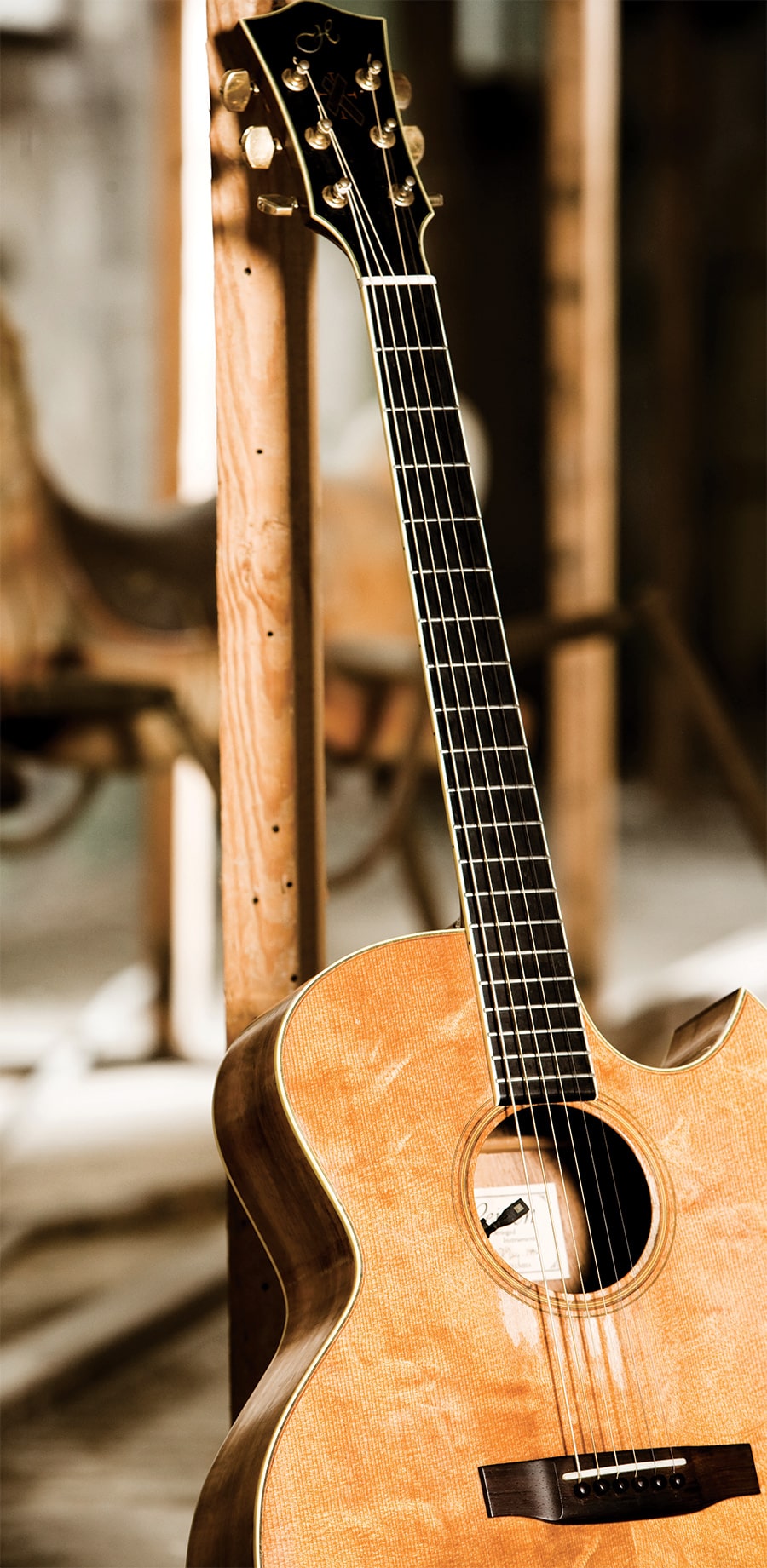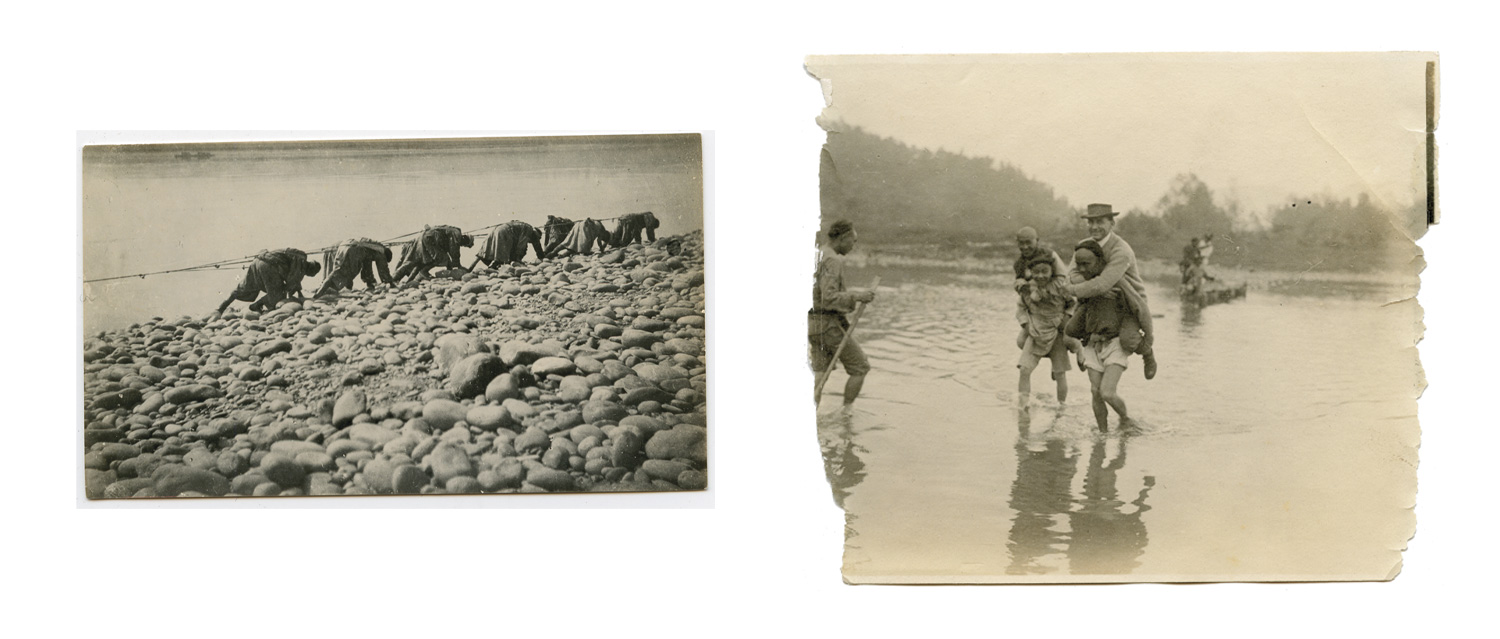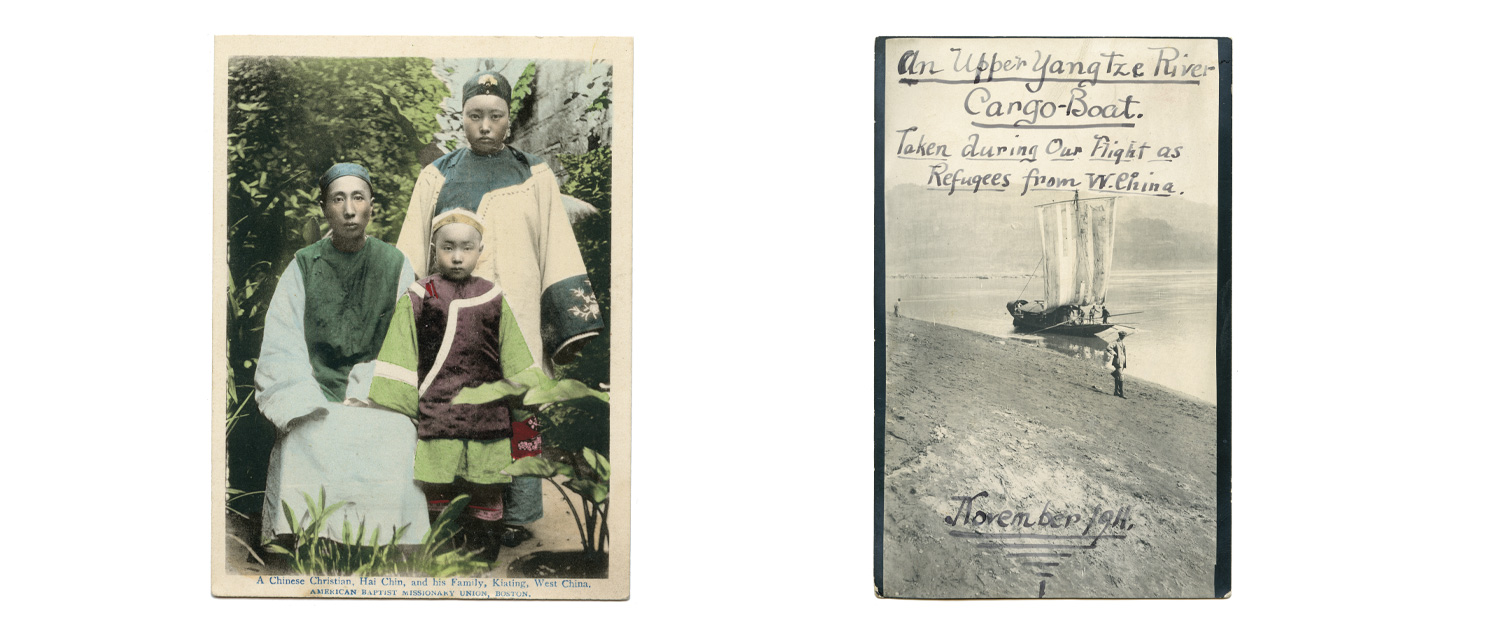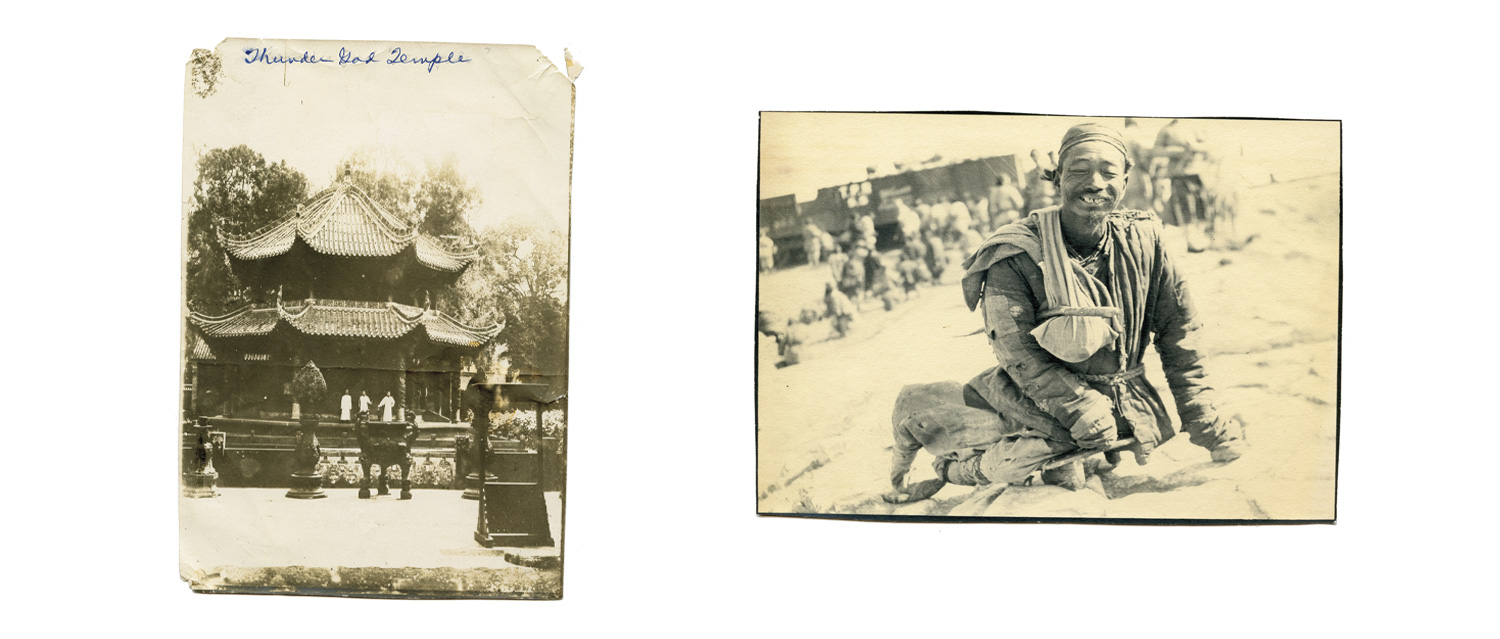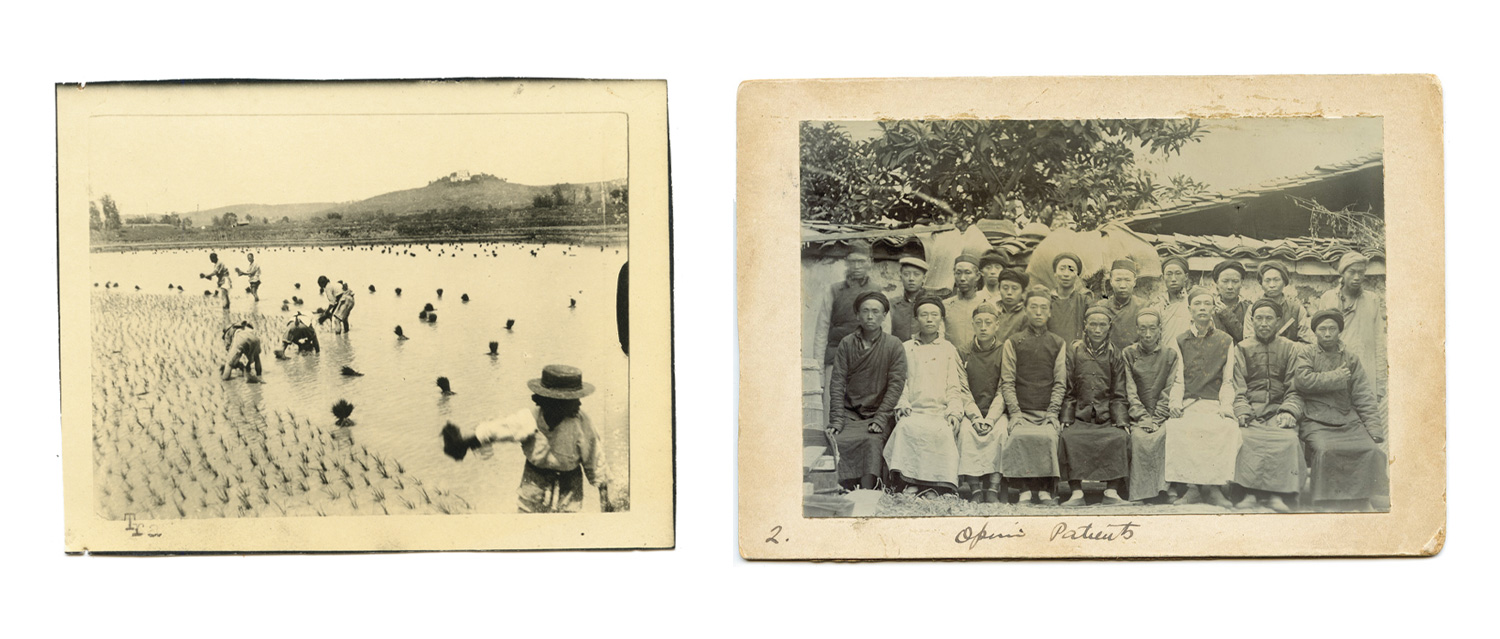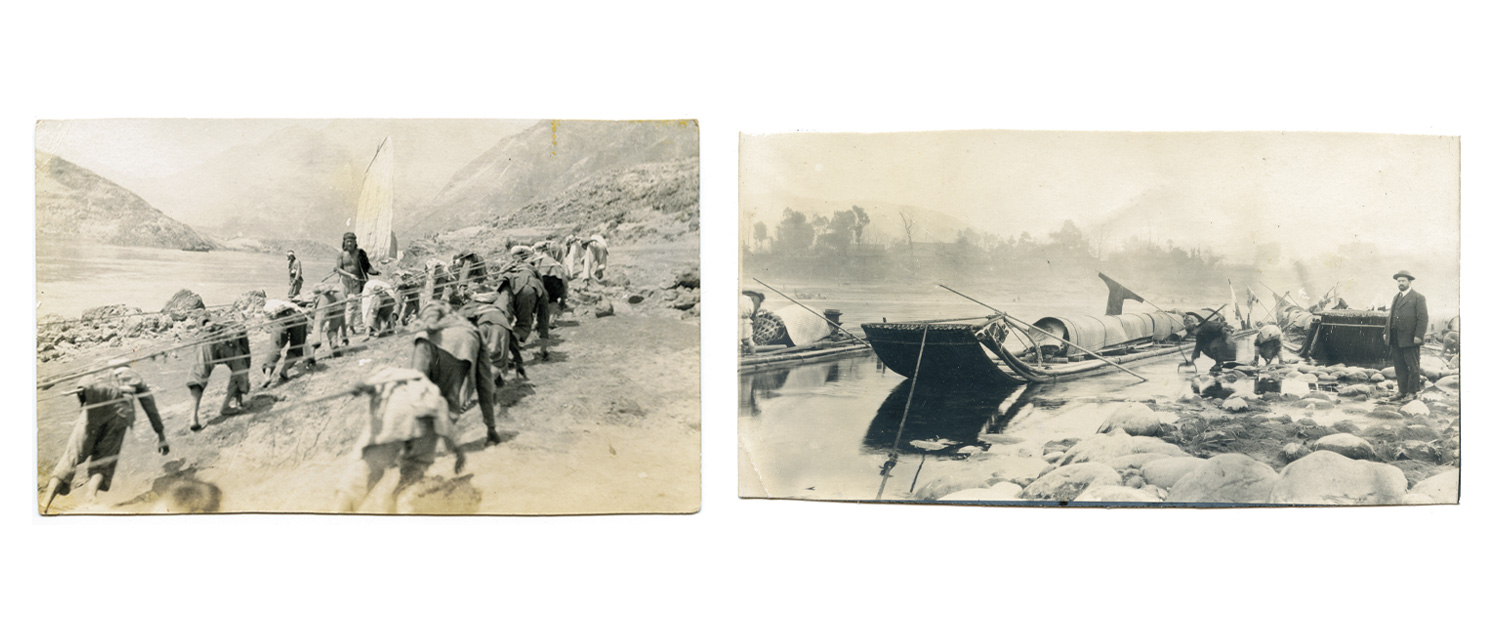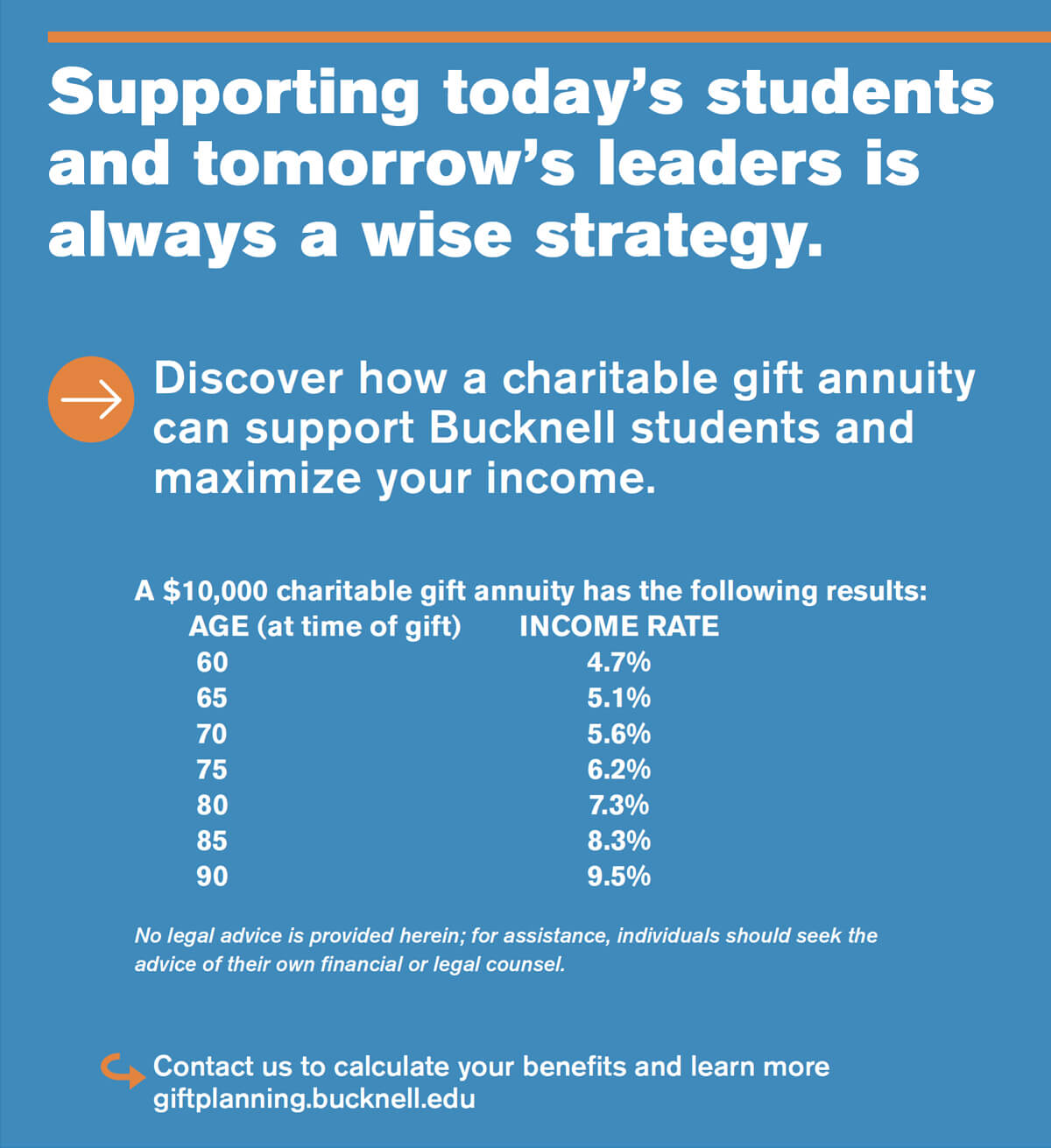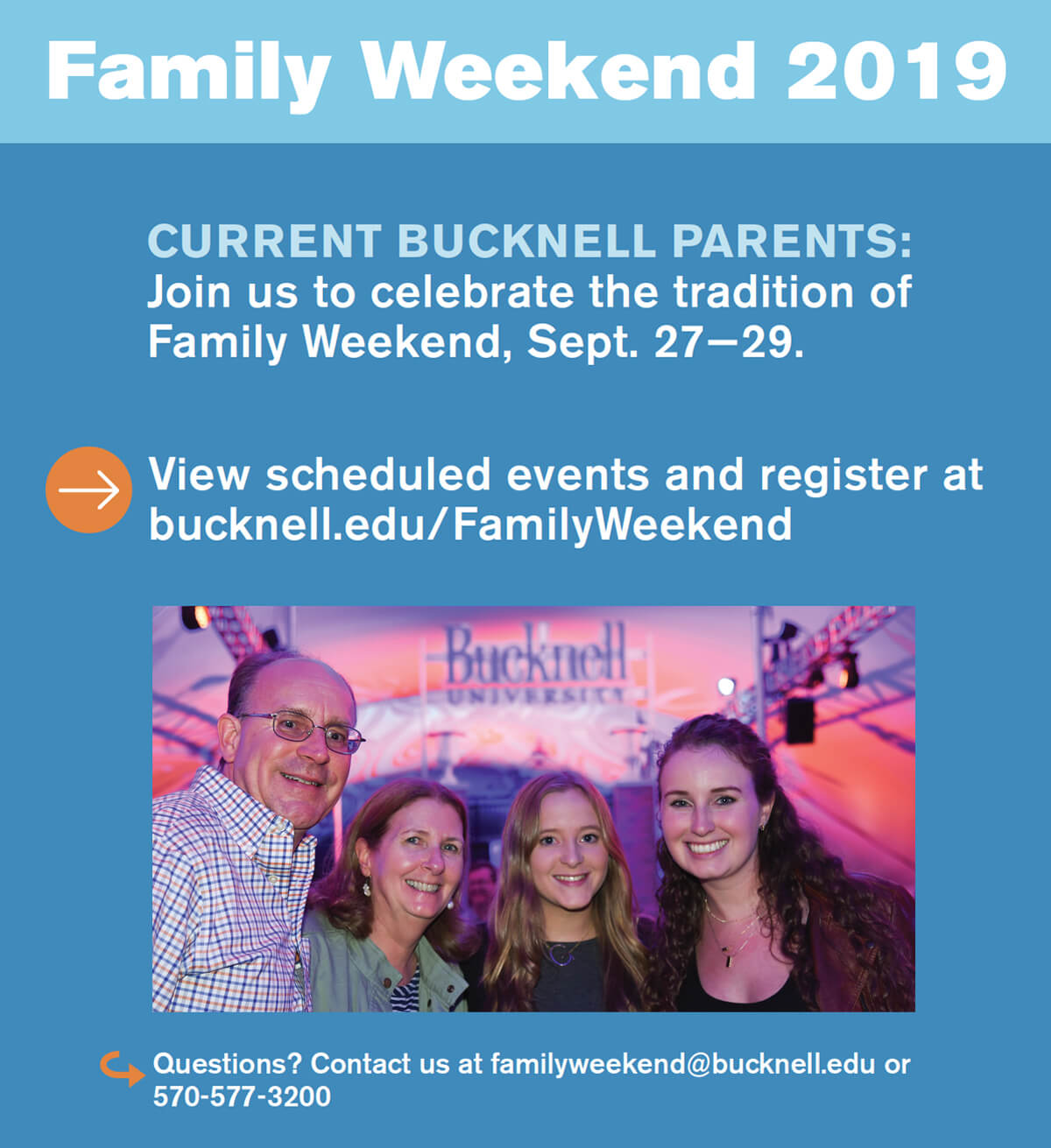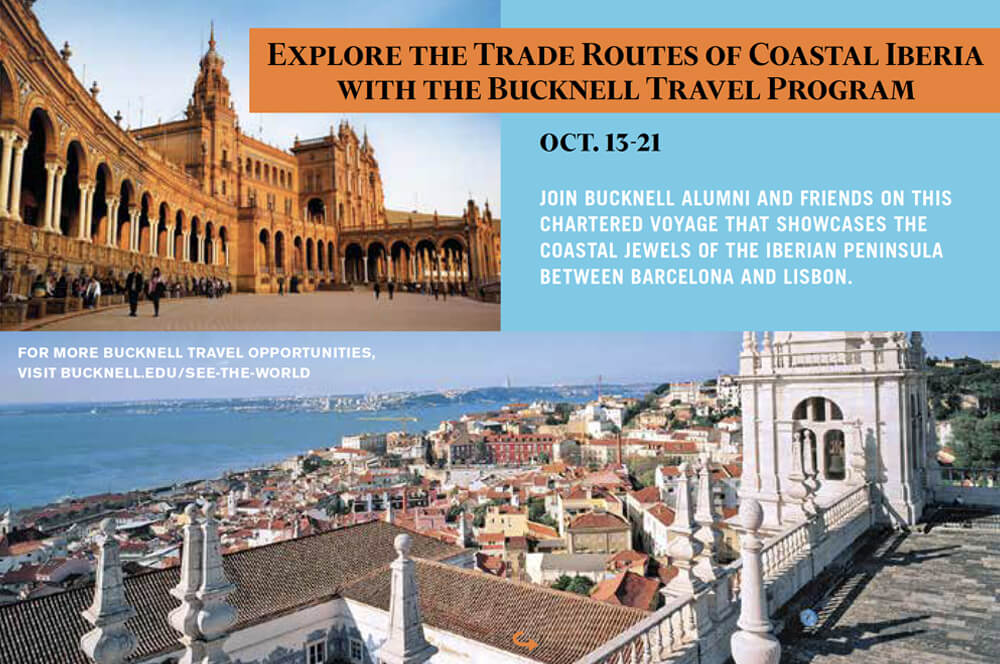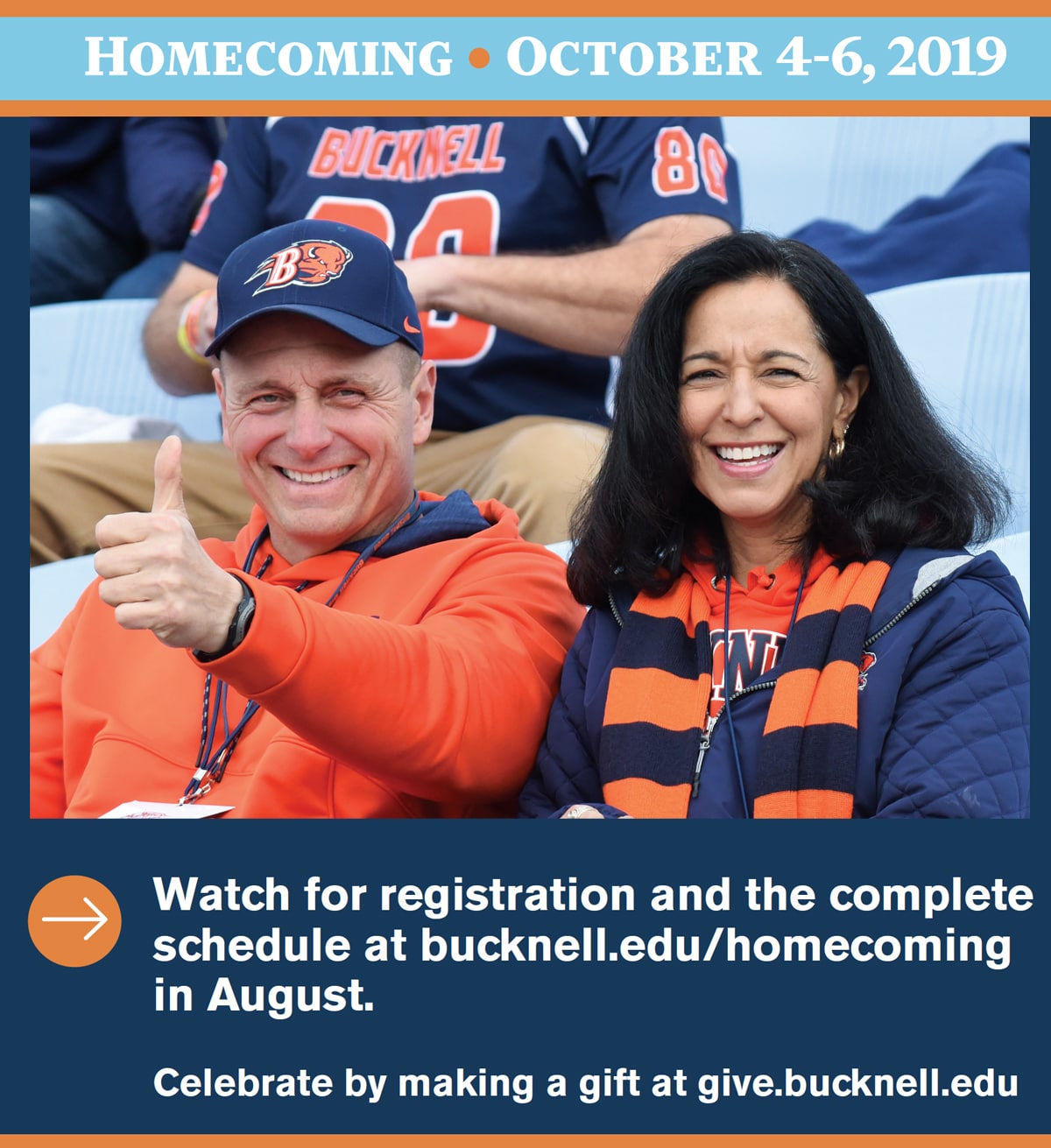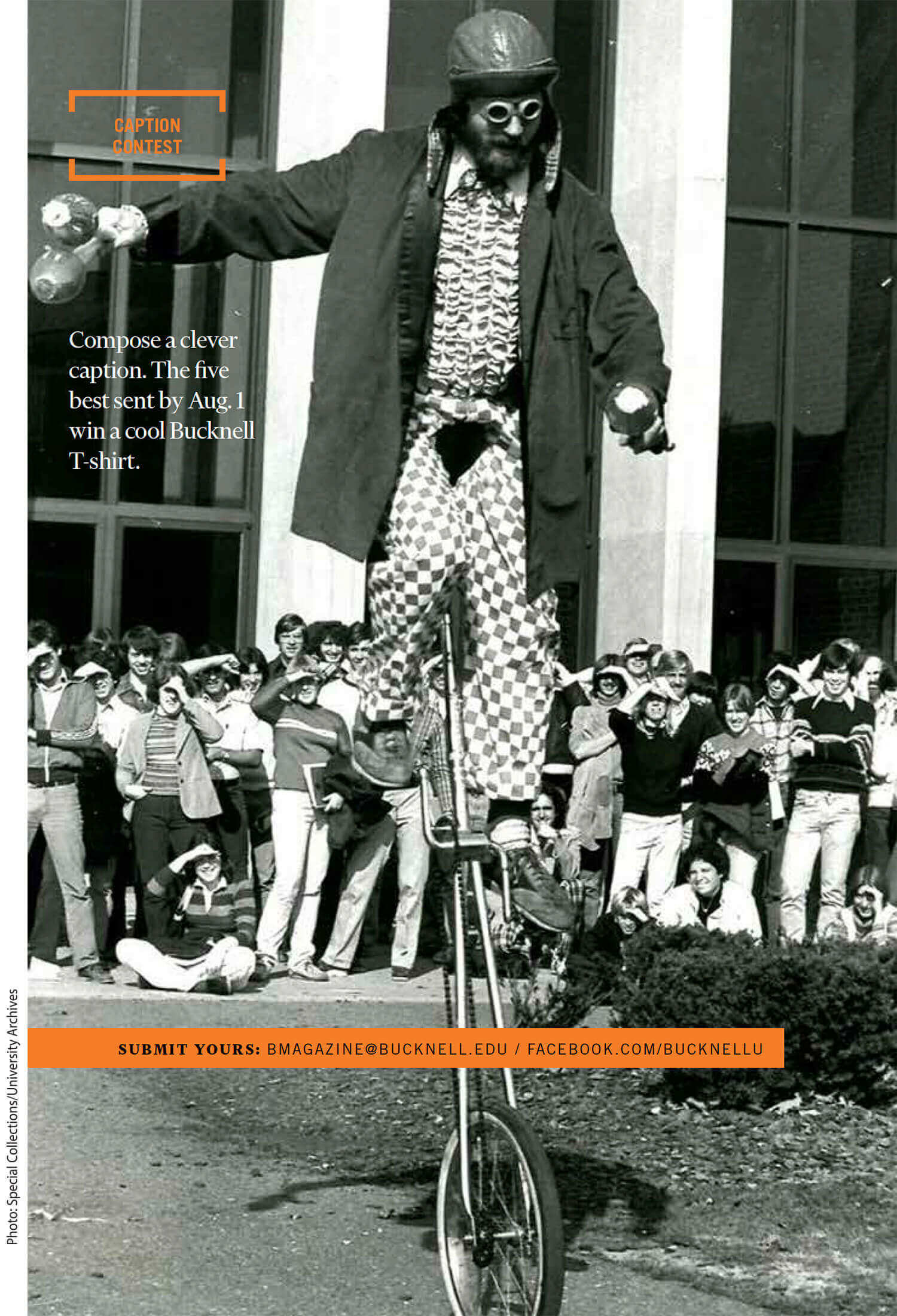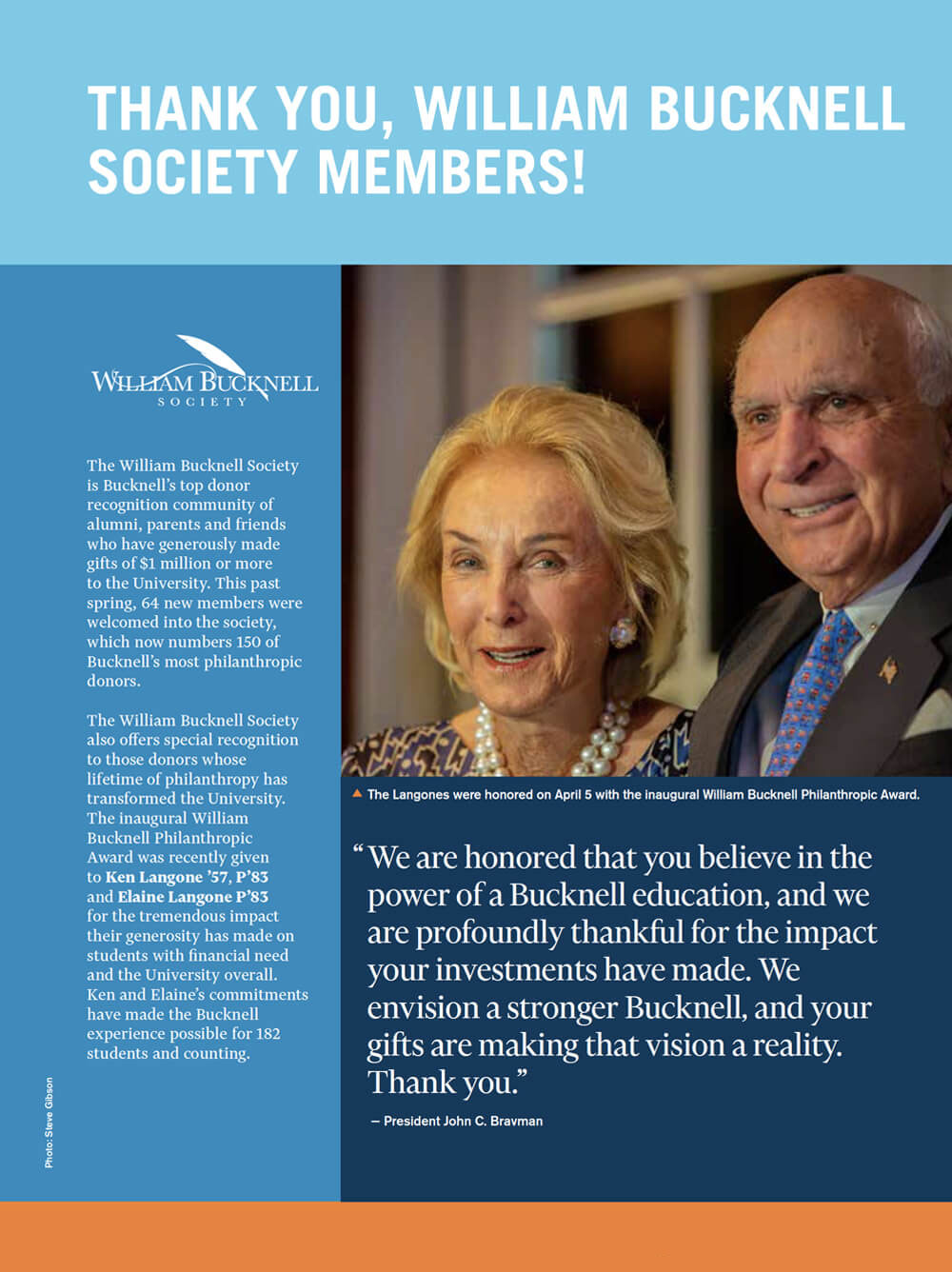A gift from steel magnate and philanthropist Andrew Carnegie, Bucknell’s former library dates to 1905. The University has preserved some of Carnegie Building’s original purpose as a student gathering space, as it now hosts student and faculty support offices.
If you would like a reprint of this photo, please fill out the form at https://bucknell.edu/bmag/PhotoOffer. We will send you a complimentary 8-by-10 print.
A gift from steel magnate and philanthropist Andrew Carnegie, Bucknell’s former library dates to 1905. The University has preserved some of Carnegie Building’s original purpose as a student gathering space, as it now hosts student and faculty support offices.
If you would like a reprint of this photo, please fill out the form at https://bucknell.edu/bmag/PhotoOffer. We will send you a complimentary 8-by-10 print.
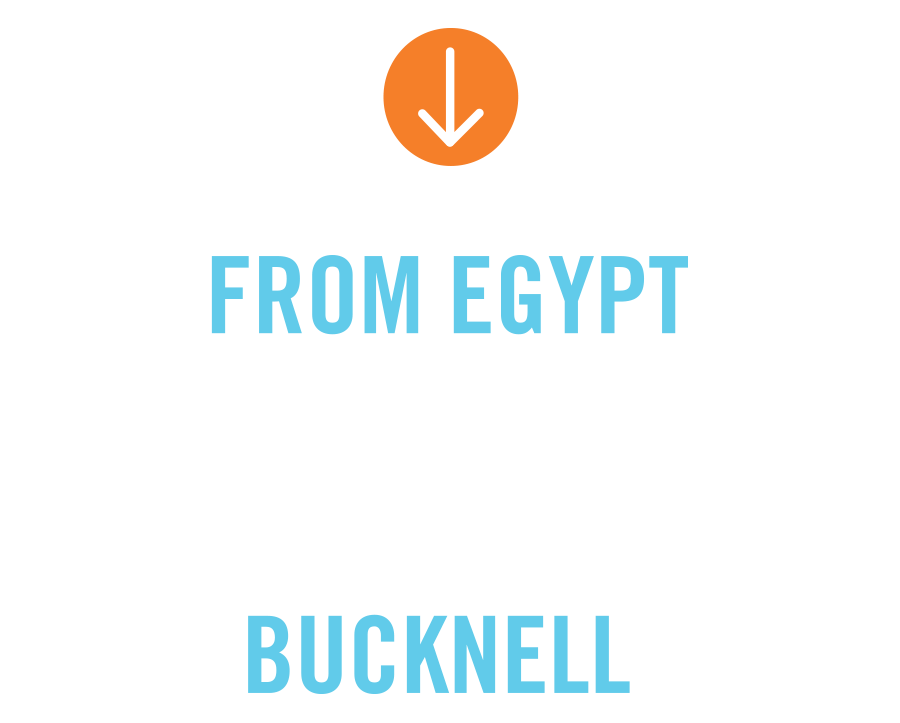
by Julia Stevens ’20
Omar El-Etr ’19 has always had a knack for technology. Growing up in Alexandria, Egypt, he was the unofficial family tech adviser, and his interest deepened with time.
When choosing a university, Bucknell offered El-Etr an opportunity he couldn’t pass up — a liberal arts education with diverse course offerings. “I chose Bucknell because I like the flexibility,” he says.
This flexibility proved essential when he encountered Professor Evan Peck, computer science, and became fascinated with his area of study — human-computer interaction. This emerging field focuses on how users interact with technology and led El-Etr to a computer science major.
During summer 2017, Peck and El-Etr paired up to research the accessibility of data visualization, and their paper, co-authored with Sofia Ayuso ’21, received a Best Paper award at the prestigious CHI Conference on Human Factors in Computing Systems in Glasgow, Scotland, this May.
El-Etr says he feels particularly honored knowing that even researchers with much longer résumés have yet to achieve such an award. The recent graduate plans to stay in the United States and hopes to make his mark in user-experience research or product management.
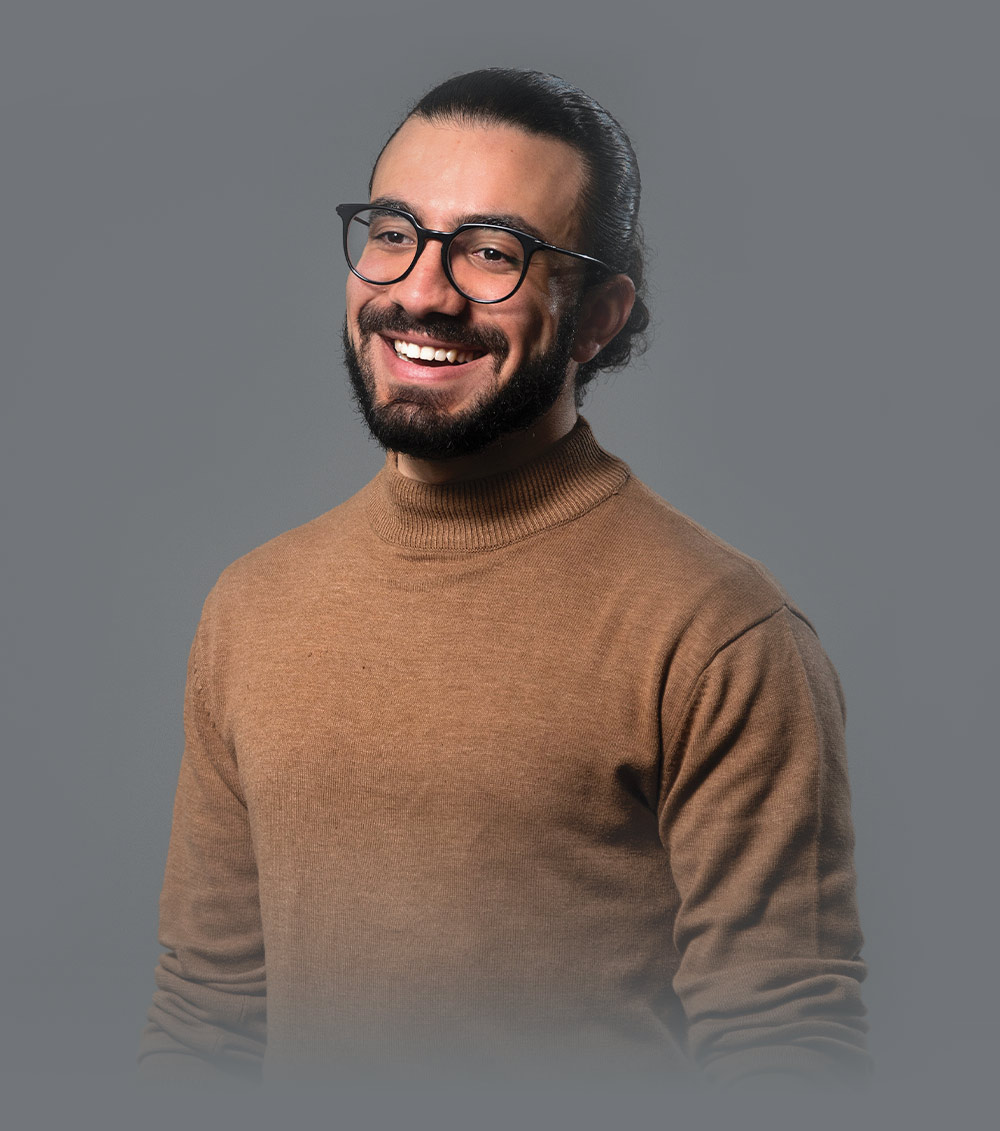

Omar El-Etr ’19 has always had a knack for technology. Growing up in Alexandria, Egypt, he was the unofficial family tech adviser, and his interest deepened with time.
When choosing a university, Bucknell offered El-Etr an opportunity he couldn’t pass up — a liberal arts education with diverse course offerings. “I chose Bucknell because I like the flexibility,” he says.
This flexibility proved essential when he encountered Professor Evan Peck, computer science, and became fascinated with his area of study — human-computer interaction. This emerging field focuses on how users interact with technology and led El-Etr to a computer science major.
During summer 2017, Peck and El-Etr paired up to research the accessibility of data visualization, and their paper, co-authored with Sofia Ayuso ’21, received a Best Paper award at the prestigious CHI Conference on Human Factors in Computing Systems in Glasgow, Scotland, this May.
El-Etr says he feels particularly honored knowing that even researchers with much longer résumés have yet to achieve such an award. The recent graduate plans to stay in the United States and hopes to make his mark in user-experience research or product management.
MLK TALK WAS MOVING: “I attended the chapel lecture by Dr. Martin Luther King, which Richard Boddie ’61 discusses in ‘A Greater Vision’ in Bucknell Magazine’s spring edition. I was deeply moved by Dr. King’s address, and his words affected me in later life, when I adopted his statement, that people should “not be judged by the color of their skin, but by the content of their character.”
New York, N.Y.
The Spring 2019 issue mentioned in the News Ticker that SAT and ACT scores will be optional, starting with fall 2020 enrollment. What a bold and wonderful statement to make, and I hope you keep to it! My youngest daughter graduated fifth in her high school class and applied for a prestigious, competitive opening at Rochester Institute of Technology. What pushed her to acceptance was her interview. She told the interviewee that she would make RIT proud to accept her. Test scores are great, but a live interview should hold the most weight. I’ll take a student with ambition, personality and “street smarts,” along with the ability to work well with people, over a “book smart” student every day of the week.
Atlantic Beach, Fla.
I read with great interest your article, “Pedagogy Behind Bars,” in the Winter 2019 edition. My interest was piqued because of the uniqueness of prison education, where Bucknell students are reaching out to prison inmates. In my retirement years, I searched for ideas on how and where I could volunteer my services to my community. I finally landed in the local school system where I tutored third- to eighth-grade students, primarily in math. After a few years, I expanded those horizons to adult students, many of whom were legal immigrants looking to improve their education or working on obtaining a high school degree (GED). I was then recruited to tutor in our regional jail, where all the students we worked with were within a year or so of being discharged and needed their GED to give them a better chance at a job after leaving the penal system.
I strongly endorse and congratulate the Bucknell students who have become active in tutoring the prisoners. It is a challenging but truly rewarding experience to observe the success when the prisoners reach their goals.
Williamsburg, Va.
When I posted the photograph of my great-uncle Robert Simon Preiskel in his doughboy uniform on Facebook in honor of the 100th anniversary of the Armistice, I could not have foreseen the connection with Bucknell University that would result in our familial education and renewed closeness.
Upon communication from Sherri Kimmel, editor of Bucknell Magazine, and the link to The Bucknellians in WWI Research Project regarding Great-uncle “Bob” (Class of 1915), a door opened to our past, which most of my current family had forgotten or had never known or paid much attention to.
We owe a huge debt of gratitude to Professor David Del Testa with his encyclopedic knowledge and attention to detail, and the tireless, lengthy and excellent research done by the students. From exploring battlefields to extracting dirt samples and offering background information, they are nothing short of miracle workers.
Thank you to Sherri Kimmel, who chose Bob as “her” WWI Bucknellian and lovingly recounted the story of “the ruse,” which was the elaborate 10-year, multifaceted cover-up by Bob’s devoted siblings to keep news of his death from their seriously ill mother. She died in 1929, presumably never knowing that her favorite son had died in a base hospital in France in 1919.
We are so grateful for what we have learned about Bob, much more than we had known — his undergrad time at Bucknell, his service with the American Expeditionary Force and details of his death. Through this renewed interest, we have become closer, discovered family in London, revisited a family tree, read books and joined websites pertaining to WWI.
None of this would have been possible without The Bucknellians in WWI research project. Our family, near and far, credit the University. We salute you all.
Warm Spring, Ga.
Bucknell Magazine’s spring issue notes that the keynote address at the May 19 Commencement was by Madeleine Albright. However, numerous statements in her latest book, Fascism: A Warning, make her an odd choice.
What I believe are falsehoods about President Trump begin on Page 5 and continue throughout the book. There are far too many to mention here. In short, the book’s subtitle, A Warning, is a veiled statement meant to equate the president with fascism.
Maybe Ms. Albright’s address will comment on topics that should have been included in her book: disinvitations/shouting down/assaulting conservative speakers; students interviewed who fear disagreeing with biased professors; the “curriculum of the aggrieved;” trigger warnings; safe spaces and “offensive” remarks perceived everywhere.
I presume that Commencement will be poisoned by politics and that diatribes against Mr. Trump will be met with yawns or cheers — but no objections. I look forward to reading about it.
Interlaken, N.J.
A Bucknellian and Baptist missionary in remote China documented this view of the gorges along the Yangtze River in Sichuan Province, Western China.
Photo by Edgar Shields, Class of 1901

Volume 12, Issue 3
Heather Johns
Editor
Sherri Kimmel
Design
Amy Wells
Associate Editor
Matt Hughes
class notes editor
Heidi Hormel
Brad Tufts
Emily Paine
Susan Lindt
Bryan Wendell
Mike Ferlazzo
Editorial Assistants
Shana Ebright
Julia Stevens ’20
Emma Downey ’18, M’20
Website
bucknell.edu/bmagazine
Contact
Email: bmagazine@bucknell.edu
Class Notes:
classnotes@bucknell.edu
Telephone: 570-577-3611
(ISSN 1044-7563), of which this is volume 12, number 3, is published in winter, spring, summer and fall by Bucknell University, One Dent Drive, Lewisburg, PA 17837. Periodicals Postage paid at Lewisburg, PA and additional mailing offices.
Permit No. 068-880.
Circulation
53,000
Postmaster
Send all address changes to:
Office of Records,
301 Market St., Suite 2
Bucknell University, Lewisburg, PA 17837
© 2019 Bucknell University
Please recycle after use.

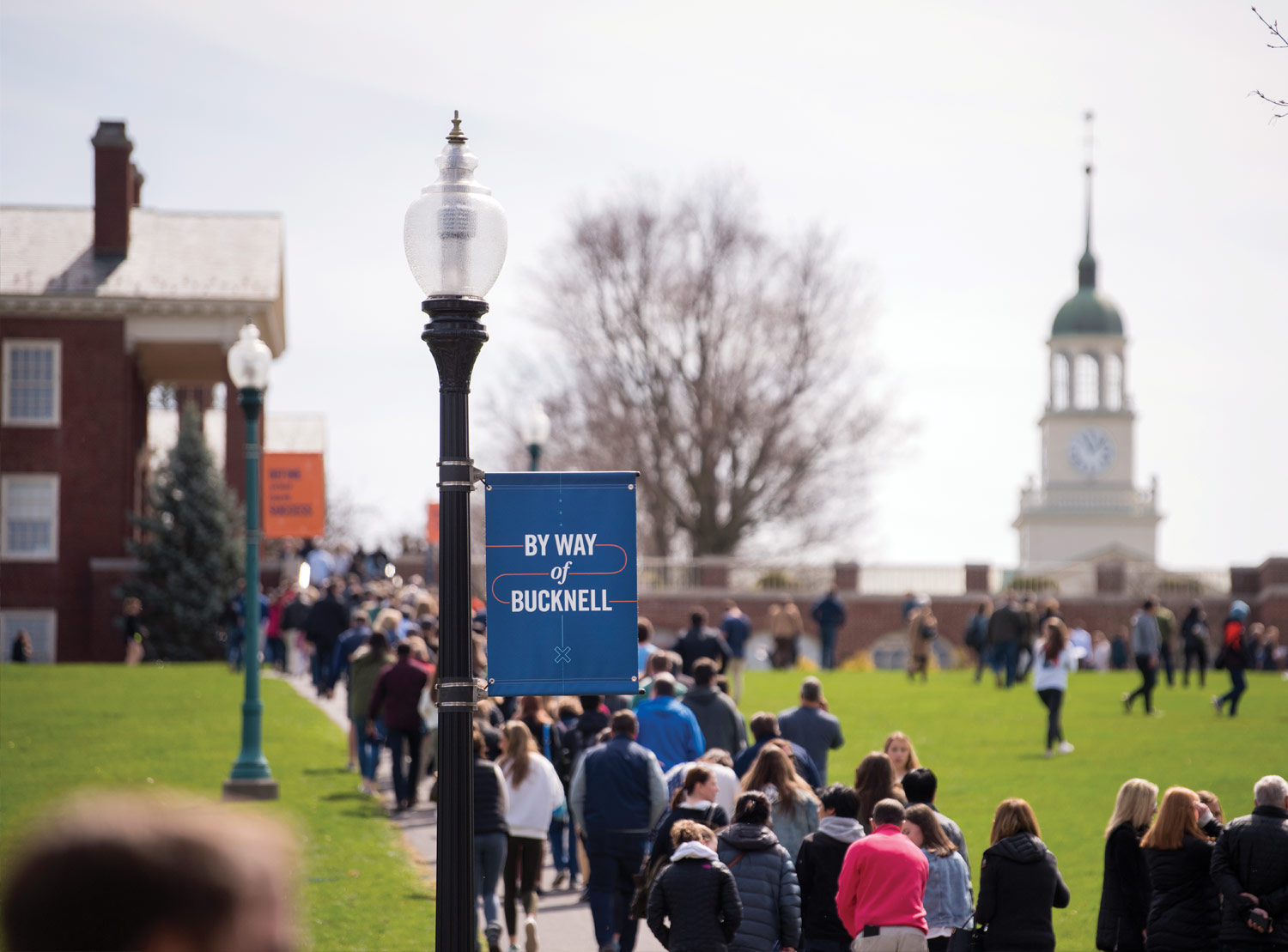
For more than a year, the University community has diligently worked to create a new strategic plan positioning Bucknell to flourish in the coming decade. This comprehensive process culminated in April, when the faculty endorsed and the Board of Trustees formally approved The Plan for Bucknell 2025: A Thriving, Inclusive and Sustainable Future.
“I’m profoundly grateful for the many months of deep reflection and tireless work on the creation of this plan by students, faculty and staff, and trustees,” says President John Bravman. “As we work together to implement this strategic plan, we will build the University’s roadmap to a vibrant and sustainable future.”
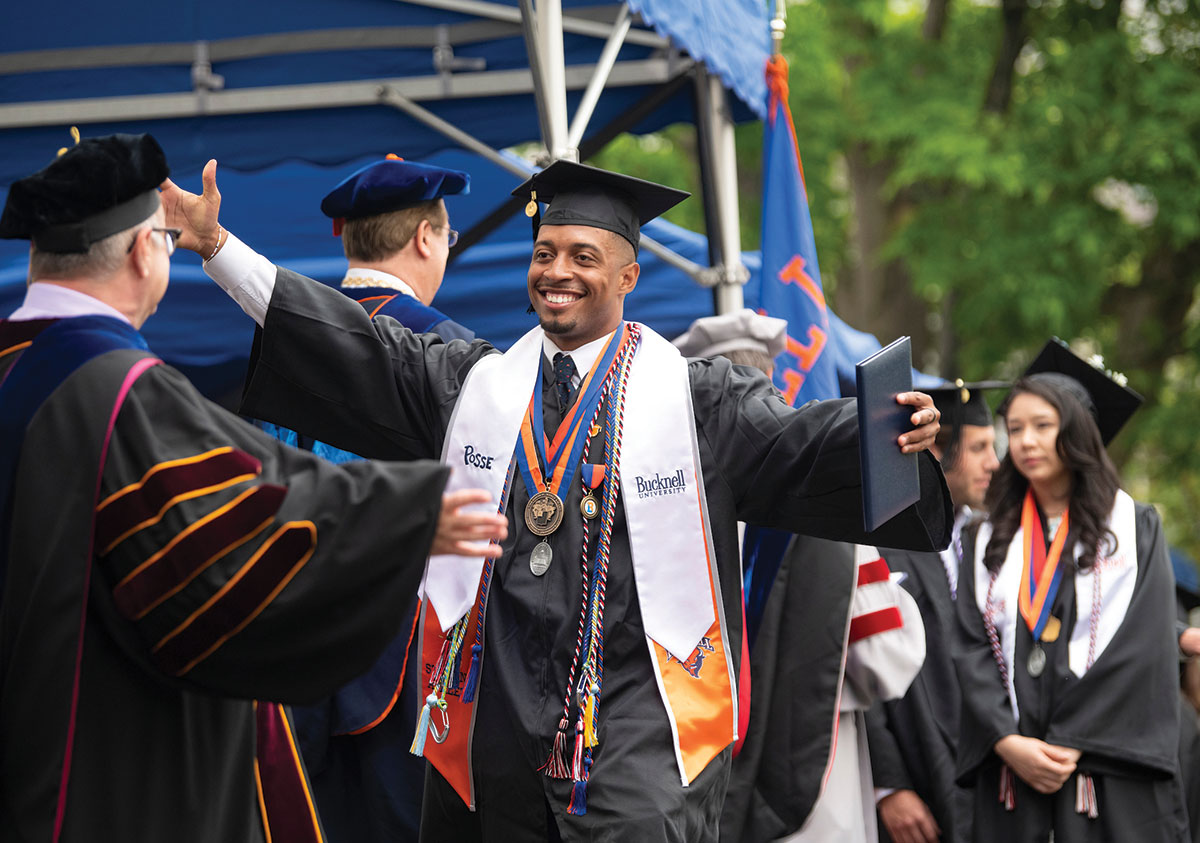
At Bucknell’s 169th Commencement ceremony, former U.S. Secretary of State Madeleine Albright challenged the Class of 2019 “to exercise leadership in support of peace, in defense of liberty and to further justice.”
Rejecting what she described as a rising tide of intolerance and isolationism, Albright’s Commencement address was a passionate defense of community, compassion and global connection, and a warning about what happens when national pride descends into fear or hatred of others. “The American tapestry unravels and the social fabric is torn,” she said.
Albright delivered these remarks to the 881 graduates receiving their degrees at Commencement, and more than 6,000 well-wishers who gathered on the Malesardi Quad. Also watching were more than 125,000 viewers tuning in via ABC News’ Facebook page, which streamed the ceremony live.
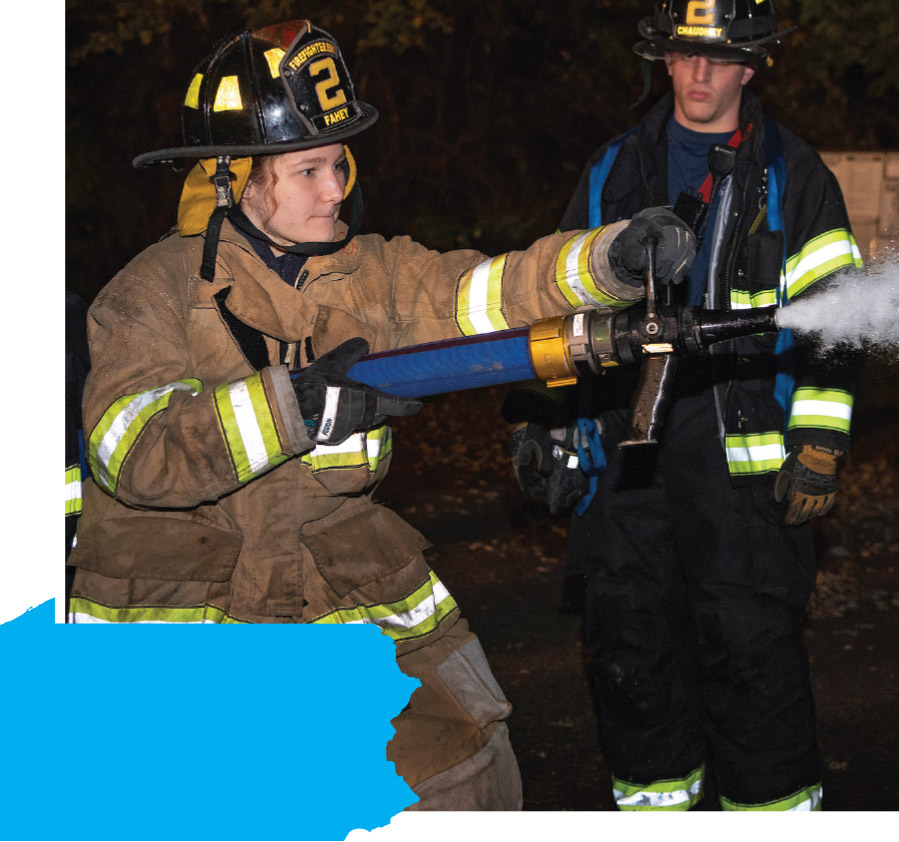

 Lewisburg, Pa.
Lewisburg, Pa.Just days after her 18th birthday, Ava Warfel ’22 passed the exam that took her from emergency medical technician to the youngest paramedic in Pennsylvania.
What She Does:
As a practicing paramedic, Warfel has seen her fair share of medical emergencies. “EMS puts you in a strange position — you get to meet people on their worst days,” she says. “That being said, the patient and their family will almost always remember how you treated them and how you made them feel.”
Warfel, who plans to major in biology, balances a busy schedule — a full course load, a Presidential Fellows project, a spot on the track & field and cross-country teams and involvement in many campus activities. Regardless, she makes time for her job as a paramedic at Evangelical Community Hospital and as a volunteer for the William Cameron Engine Co. in Lewisburg.
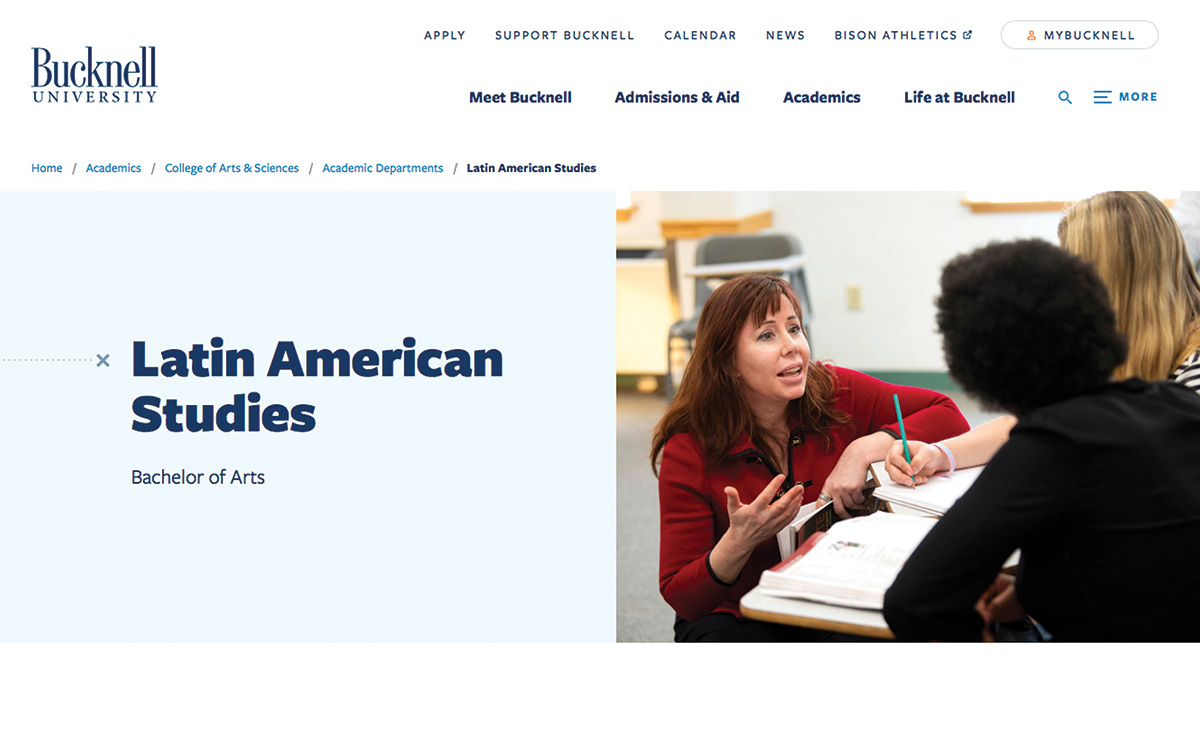

later this summer, following more than a year of preparation, Bucknell will begin rolling out its redesigned website — a project comprising much more than a cosmetic refresh. Each of the more than 1,200 pages on the new site has been revised, rewritten and rebuilt from scratch to provide a more intuitive and customized experience for its many audiences, including prospective students, current students, parents, faculty and staff, and alumni.
The website is organized thematically to help users find what they’re looking for quickly, with current information for key audiences arranged on curated landing pages. Alumni visitors accessing the site in the spring, for instance, will find details all in one place about Reunion and other upcoming opportunities to reconnect with Bucknell.
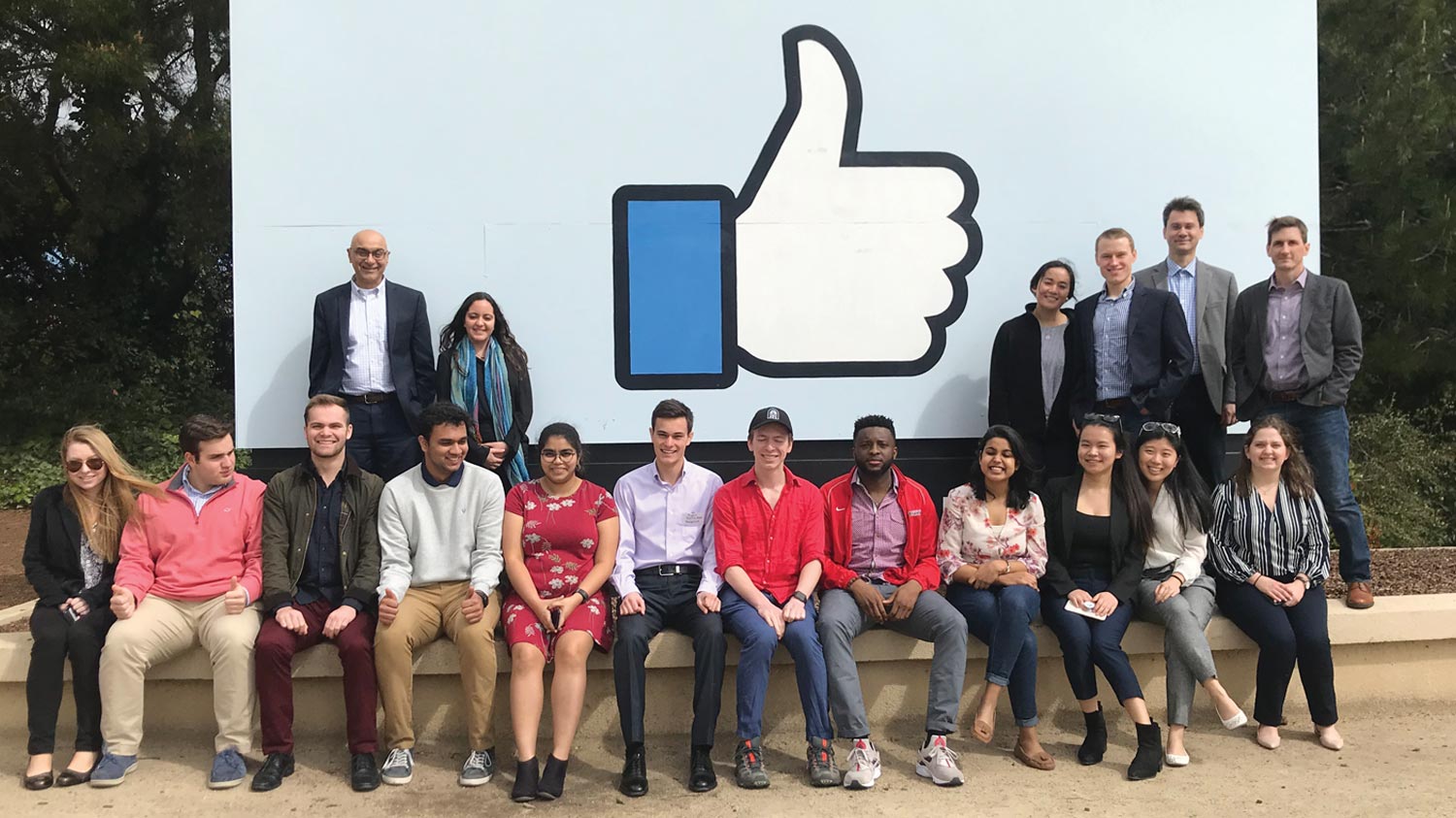

Big Opportunities
“We hear so much about big data, and this trip brought clarity to that path,” says Catherine Murrey ’20, a markets, innovation & design major. “Many of the employers, parents and alumni we met are leading efforts to use technology and machine learning to transform human lives.”
The Silicon Valley Tech Trek, held March 9-16, took students to 12 companies, which included leaders in technology such as Apple, Google, Uber, Lyft and Facebook, as well as the financial group JPMorgan Chase and a few startups such as Livongo. Events included presentations, panel discussions and conversations designed to provide insight into career paths and encourage connections that would help students in the future.
In recognition of their past achievements and future potential, each of these four students has received the Barry M. Goldwater Scholarship for the 2019-20 academic year. The federally endowed award, one of the nation’s most prestigious, recognizes college sophomores and juniors who demonstrate innovation and intellectual curiosity in the fields of math, natural sciences or engineering.
Universities may nominate up to four students to become Goldwater Scholars, and Bucknell was one of fewer than two dozen schools to have all four nominees chosen, joining Stanford, Yale, Columbia, Duke and a handful of other selective institutions.
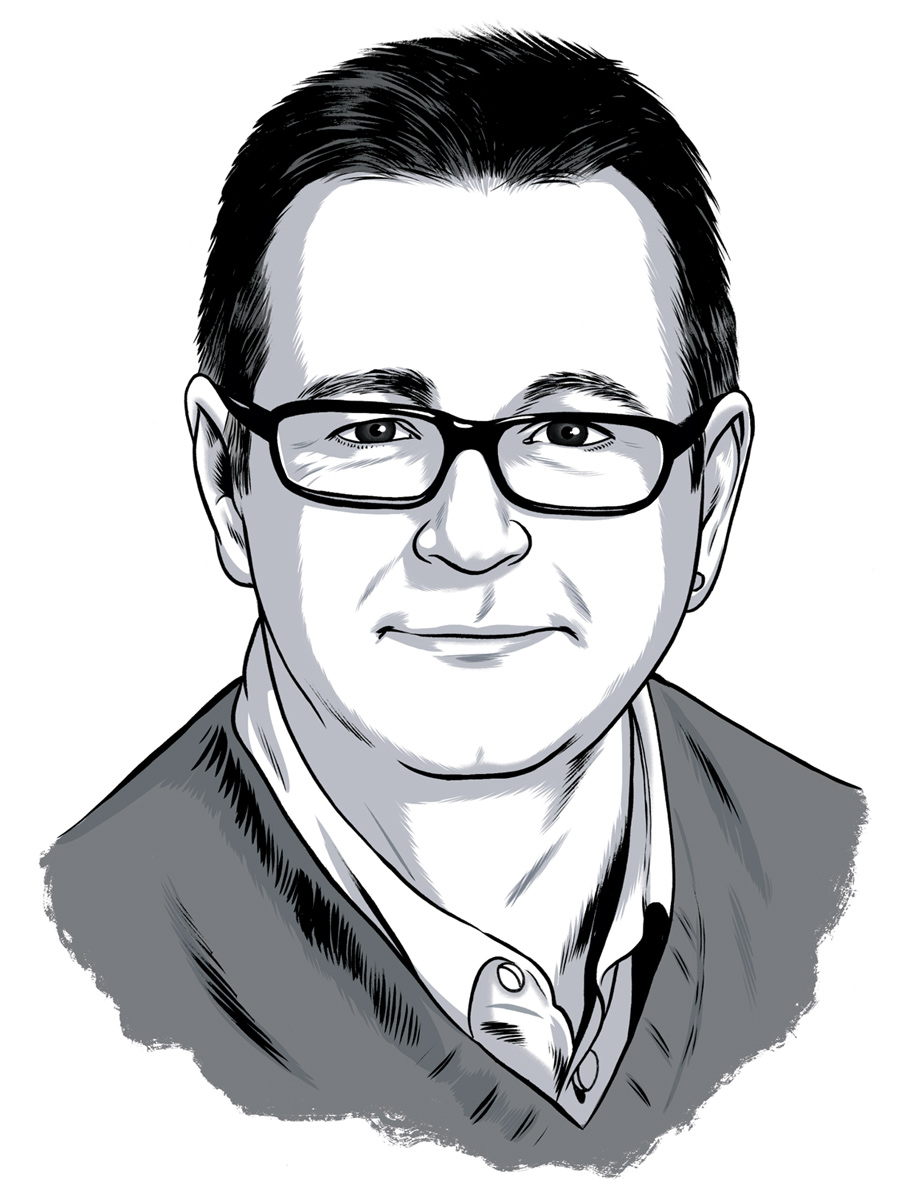

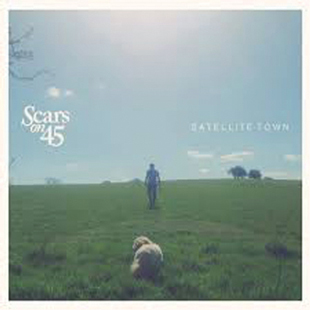
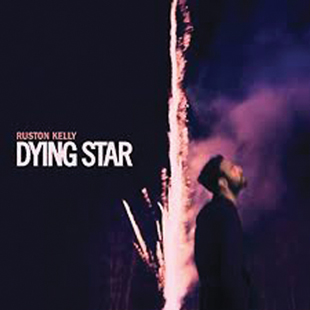






b. “I think, therefore I am.”
c. “The life of man … is solitary, poor, nasty, brutish, and short.”
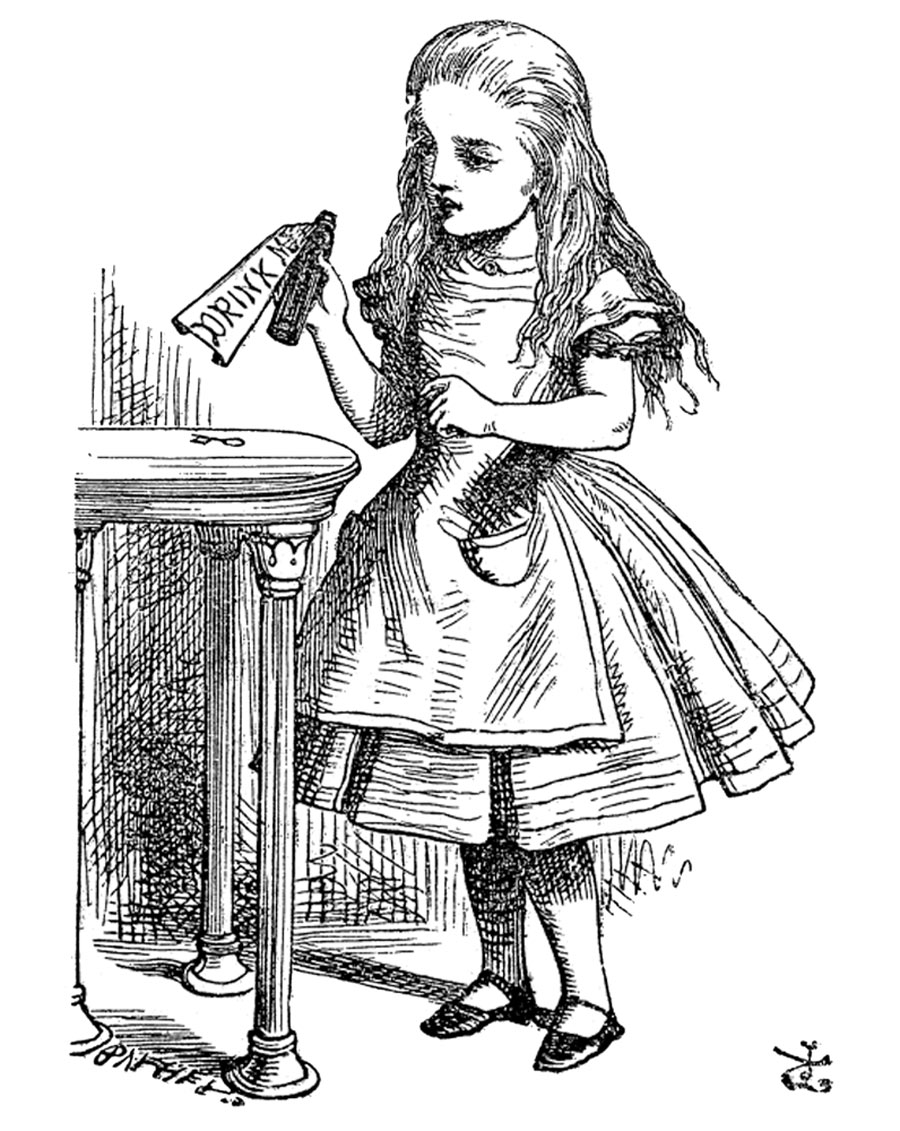
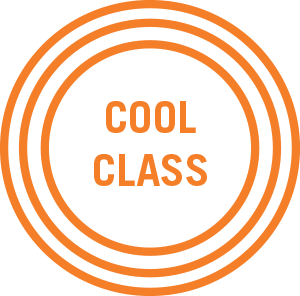



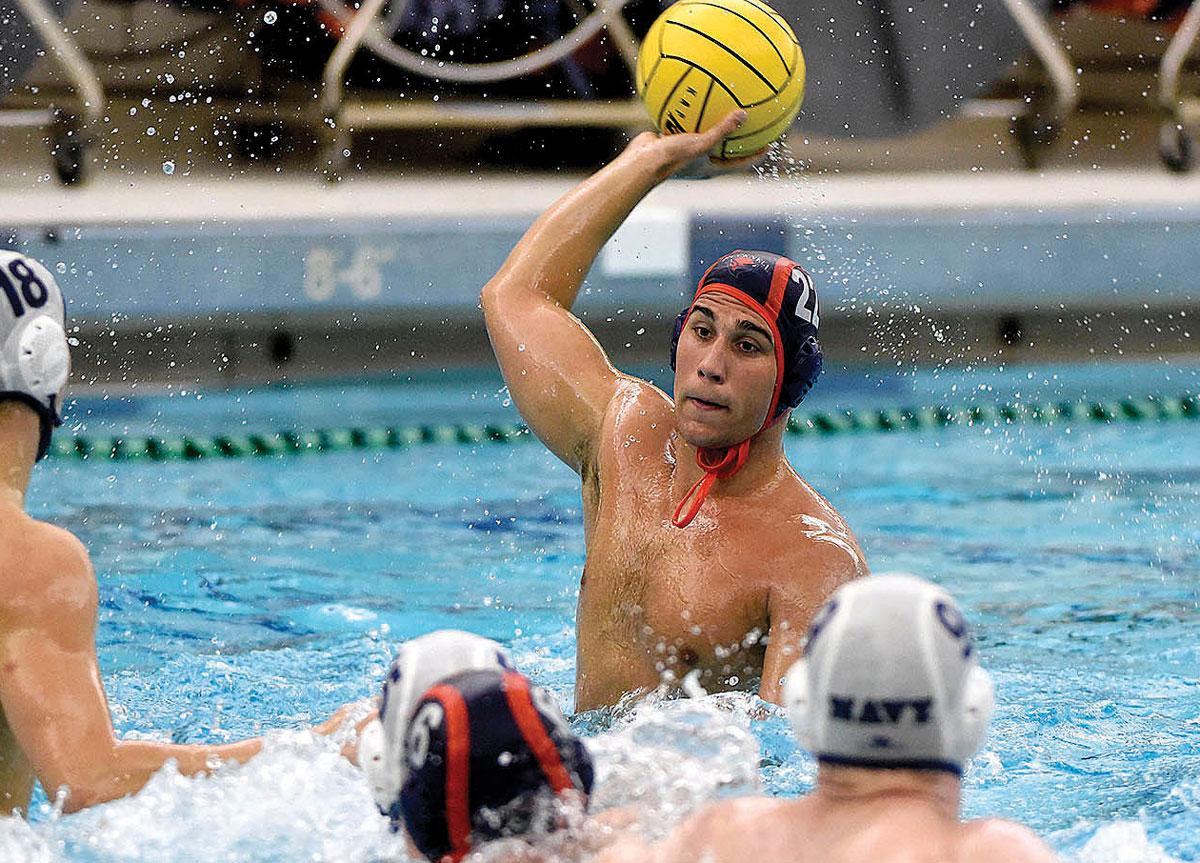
In lots of ways, Rade Joksimovic ’20 is your average college student-athlete. He balances class and academic time with a busy water polo schedule and tries to find some time to hang with friends in between. And he’s still pondering what he wants to do when he graduates. The difference is the Bison water polo co-captain may be taking his talents to the professional ranks — or even the Olympics.
Joksimovic already experienced international glory, training for six years before college with the Serbian National Team, and still has a year to add to his tallies in the Bucknell record books. By the time he graduates, he should be the school’s top scorer. After 208 points this past season — fourth-most in a single season in school history — the Serbian-born economics major became only the second Bison water polo player to record more than 500 points.

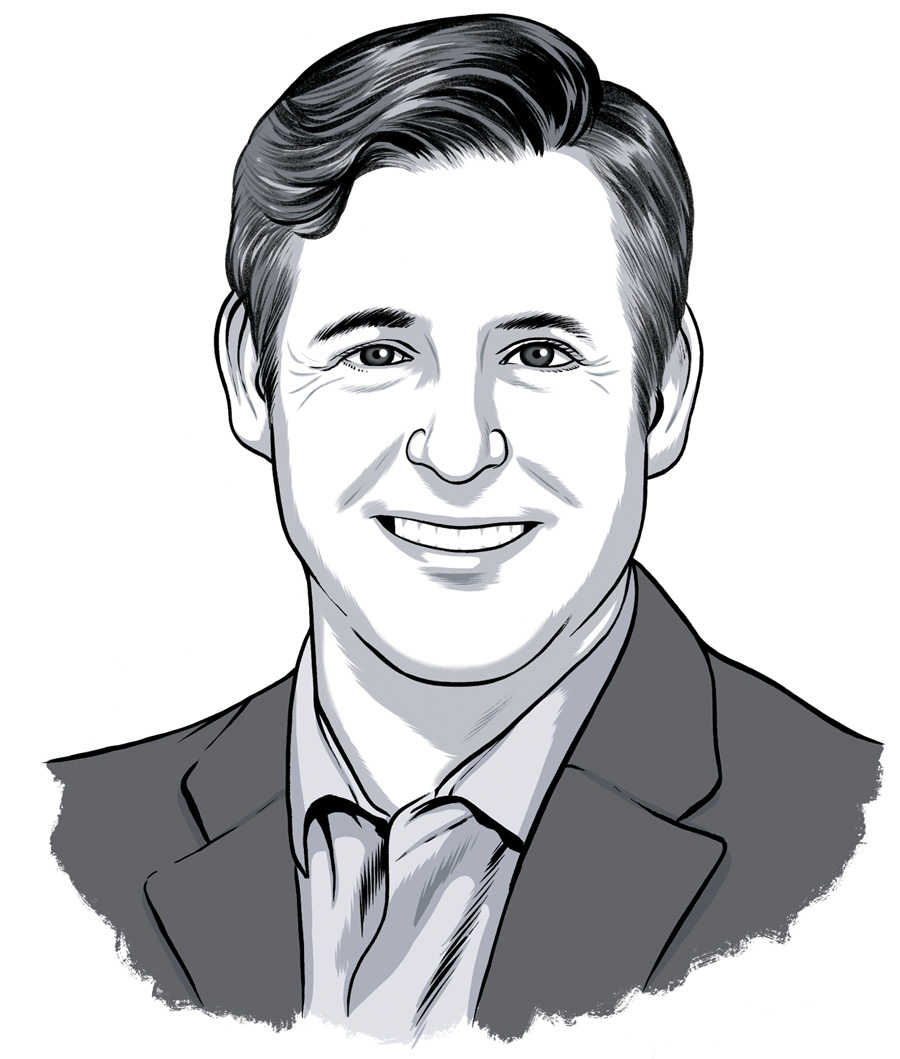
 In his 2018 book, The Innovation Navigator, Tucker Marion ’96 calls on executives to reconsider their innovation process. Marion, a Northeastern University professor of entrepreneurship and innovation, suggests executives can improve innovation by maximizing technology. But they must also loosen their hold on the innovation process so more ideas come into play, even from outside sources.
In his 2018 book, The Innovation Navigator, Tucker Marion ’96 calls on executives to reconsider their innovation process. Marion, a Northeastern University professor of entrepreneurship and innovation, suggests executives can improve innovation by maximizing technology. But they must also loosen their hold on the innovation process so more ideas come into play, even from outside sources.
am Barlow, a tall, slim man with a long gray beard and close-cropped grizzled hair, sits in the small, tall-windowed interview room at the State Correctional Institution at Coal Township. He’s describing his reaction to news he’d longed to hear for a half- century.
“It’s the most surreal thing … In 1969, I was at SCI Camp Hill, sitting on death row, waiting for the governor to sign my death warrant. Fifty years later, I’m at SCI Camp Hill waiting for the governor to sign my release paper.”
The murder that Barlow did not commit but that landed him in prison for most of his life occurred two months after his 18th birthday.
On Dec. 2, 1968, Barlow drove from Pittsburgh to Harrisburg with two 17-year-olds who would eventually seal his fate. Sharon “Peachie” Wiggins and Foster Tarver shot and killed retired truck driver George Morelock as they robbed Dauphin Deposit Bank. Outside, waiting to drive the getaway car, Barlow heard gunshots but didn’t learn Morelock died until he was in Dauphin County Jail.
“My reaction was selfish,” he recalls. “I thought, ‘How did I get in here, and how do I get out of here?’ I said I didn’t do it.”
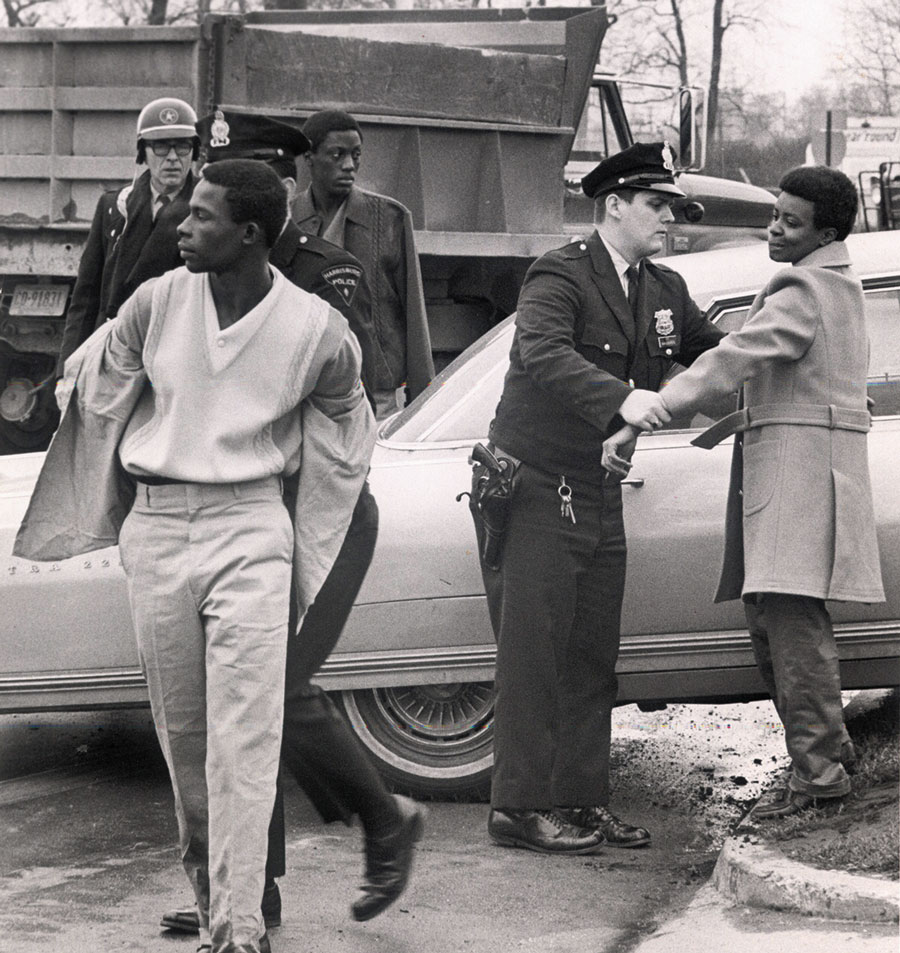
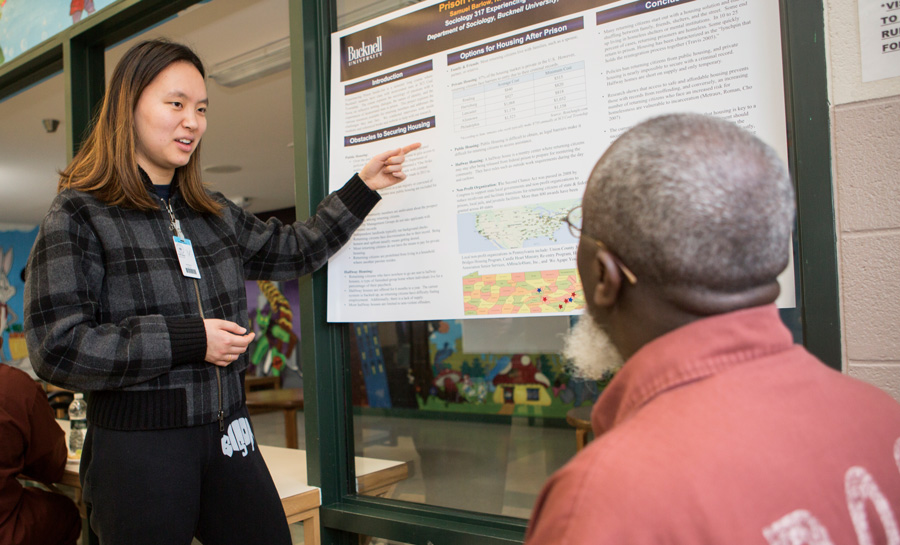

Bottom: Ella Ri ’19 (left) and Sam Barlow (right) worked together this fall on a class project at SCI Coal Township.

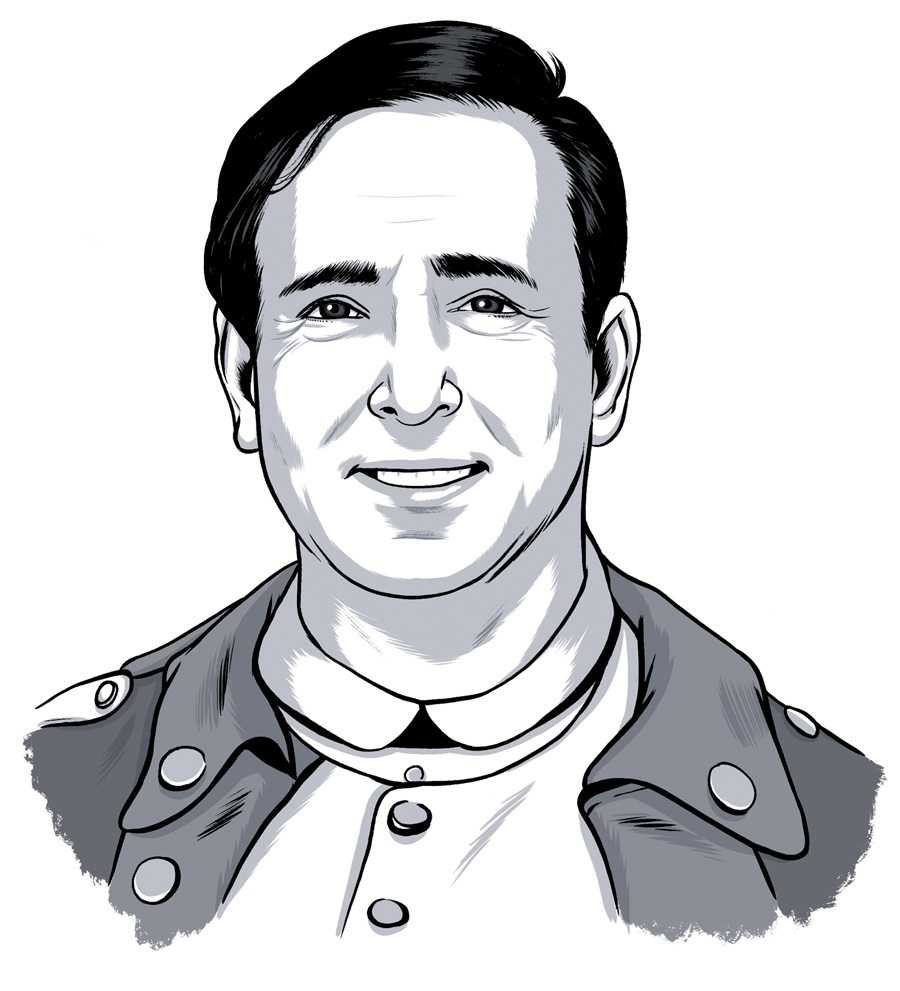
After working for 30 years, first as a petroleum geologist, then as an energy industry analyst and portfolio manager, Gene Pisasale ’78 “semi-retired” in 2010 to help with a family-run software business. The move allowed him to embrace his “true love — writing, lecturing and pursuing history,” he says. Living in the Philadelphia region, with its rich Revolutionary War-era history, Pisasale has studied the period extensively and sometimes delivers lectures in character as Alexander Hamilton.
China
Edgar Shields is just now coming into focus
n a hot, cloudy September day in 1908, Edgar Shields, Class of 1901, boarded a train in Philadelphia, with his wife and infant son, bound for San Francisco — the first leg of a 138-day journey that would end deep in the mountains of western China.
Even before his graduation from Bucknell seven years earlier, Shields wanted to be a missionary. Two years after earning a medical degree from the University of Pennsylvania, the 31-year-old Lewisburg native was dispatched by the American Baptist Foreign Mission Society to run a hospital in the town of Yachow (known today as Ya’an) in Sichuan province, a location so remote it could only be reached on foot or by sedan chair.
a rich glimpse of an isolated early 20th-century China
On the eve of his graduation from Bucknell, Ed Shields ’51 received a nine-page letter from an aunt, who wanted to paint a picture — “however scratchy and dim” — of his late father’s life as a Bucknell student a half-century earlier.
Ed never got to meet his father. His mother, Ellen Soars Shields, was five months pregnant with Ed in 1926 when his missionary father died suddenly. (His father’s first wife, Frances Elizabeth Davis Shields, also died young, leaving three children.)
“I always wondered what he was like,” Ed says of his father, Edgar Shields, Class of 1901, whom Ed’s aunt described as “full of life, fun and laughter.”
In recent years, the 92-year-old engineer from Chagrin Falls, Ohio, has been drawn even closer to his father by plunging into the task of organizing the missionary’s voluminous collection of photographs and memorabilia from China.
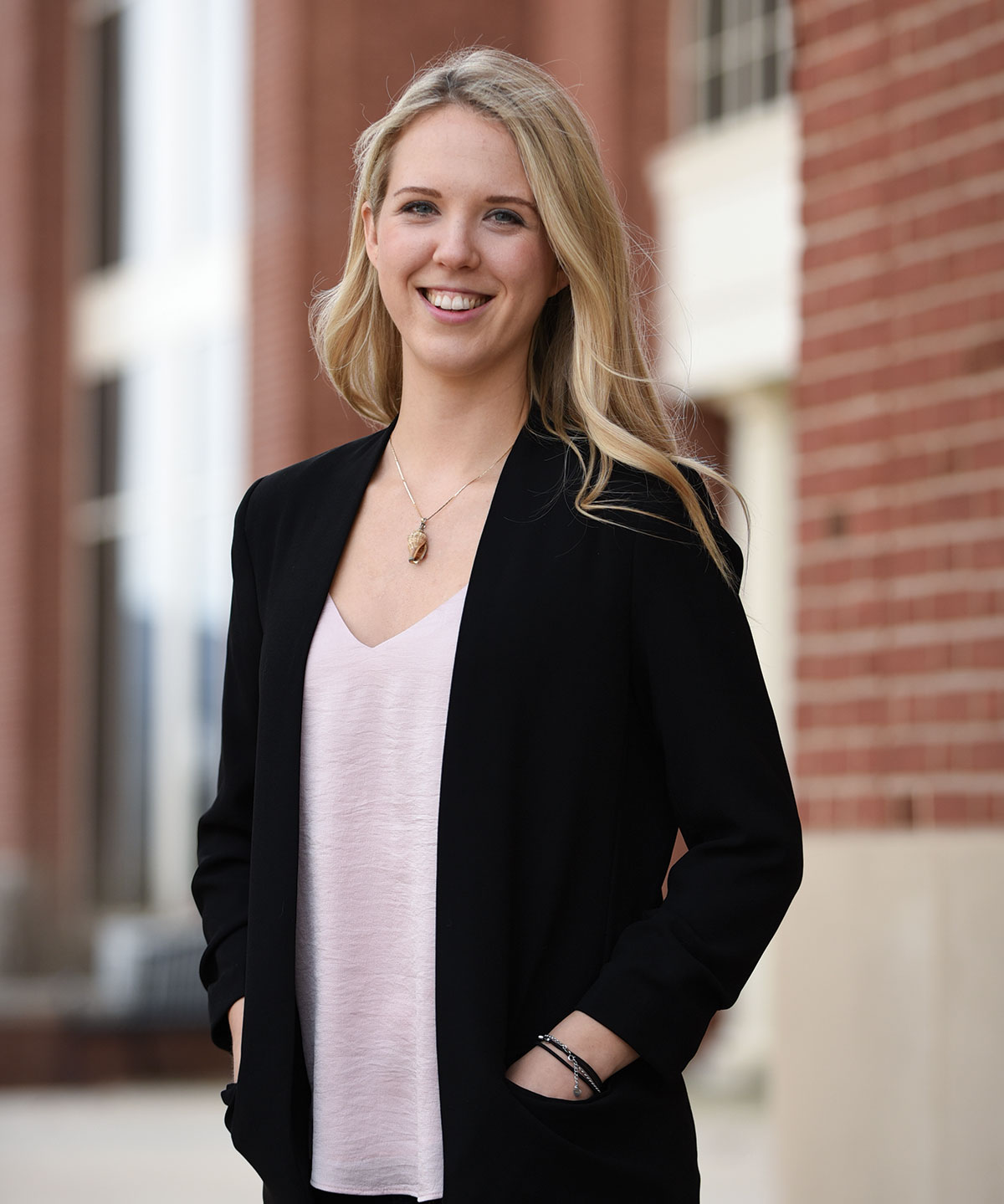
After graduation, Hallanan returned to China and parlayed her fluent Mandarin into a gig with a company that coordinates student internships. When she tagged along with a friend auditioning for the popular TV show Fei Cheng Wu Rao, she landed a spot for 23 episodes. To promote the show, producers asked Hallanan to set up social media profiles — a task that turned her career in a new direction.
“This experience unlocked my interest in social media, public relations and the entertainment industry,” she says.
Brian Eyler ’00 discovered his love for the Chinese language during a Bucknell study-abroad program in Beijing. After graduation, he lived in China for 15 years, traveled all over Southeast Asia, and started the influential website EastBySoutheast.com — a forum for news, expert opinion and analysis on China and Southeast Asia.
He later directed IES Abroad’s centers in Beijing and Yunnan province, helping American students getting their first taste of East and Southeast Asia.
But repeated academic visits to countries such as Laos, Vietnam and Cambodia alerted Eyler to the gathering disaster of unsustainable development along the Mekong River. With time running out to save the Mekong region, Eyler abandoned academia.
“It became clear to me that the timeline for impacting sustainability and environmental outcomes in those countries was very narrow,” Eyler says. “Instead of teaching about what was going on there, I decided I’d search for a position that would allow me to have a degree of impact on those outcomes.”
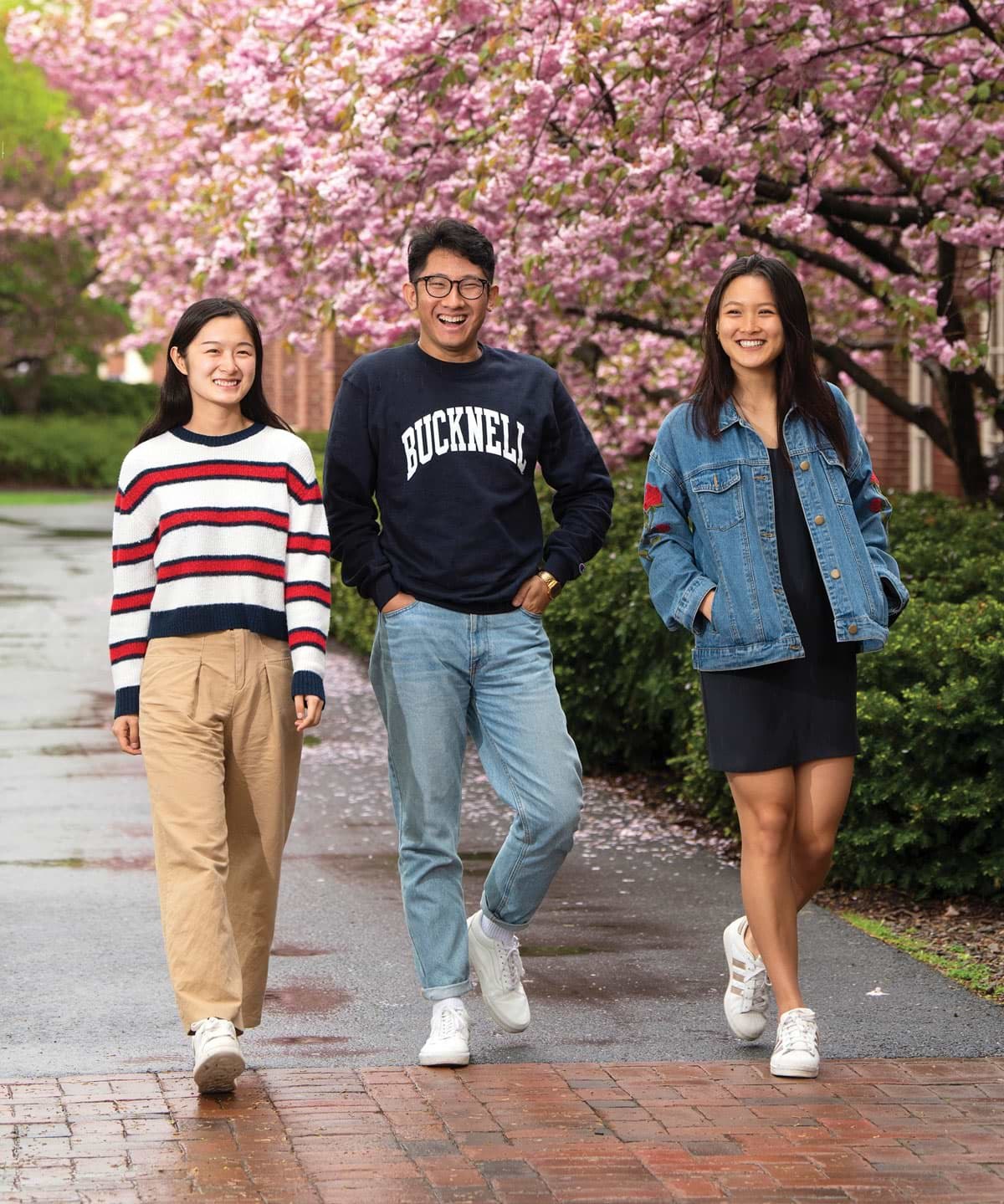
This spring, half of Bucknell’s international students were Chinese — that’s a jump from just five years ago, when only 37 percent hailed from China.
In the last decade, Bucknell saw its international student population increase by 102 percent. The Chinese student population in the same period grew by a whopping 694 percent.
Brett Basom, associate director for international recruitment, says Bucknell actively recruits in China, but Bucknell is also experiencing a national trend — China sends more students to the United States than any other nation.
As it turns out, the specific appeal of Bucknell to Chinese students is much the same as it is for American students.
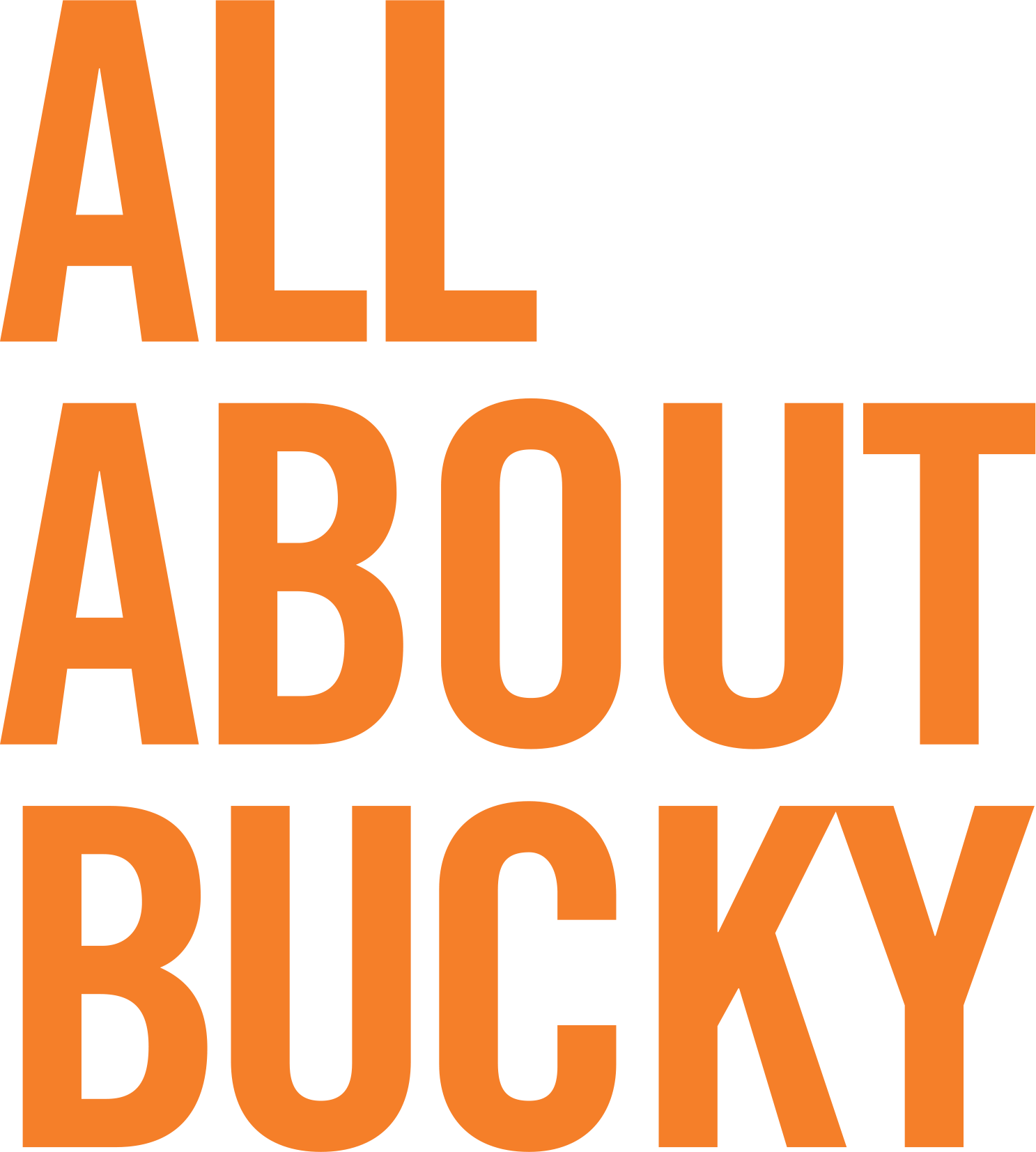

egan. Cud chewer. Sports enthusiast. Ungulate. Nonblinker. These are just a few words that describe Bucknell’s beloved mascot, Bucky the Bison. However, they represent a mere fraction of Bucky’s rich and storied life. Bucky himself is a creature of few words (he declined to be interviewed for this piece) so it’s understandable that not everyone knows the extent of his family history. But we know that he is extremely proud of his heritage — one that is intertwined with the very history of our nation.
A long time ago, Bucky’s earliest ancestors lived somewhere in Asia. Then, between 95,000 and 135,000 years ago, his intrepid forefathers migrated across the Bering Land Bridge to North America. Scientists believe this because two of those plucky fellows left behind some mitochondrial DNA — one in a 120,000-year-old fossil discovered in Colorado, another in a 130,000-year-old fossil found in the Yukon.
Maralyn doesn’t recall why Joe first donned the costume, but says, “He had a great time being Bucky. He loved to dance around on the field. And I was a cheerleader and danced around with him.”
After graduating, Joe became vice president of the Brewers Association of America and owner and president of the family brewery, which ended production in 1981. Until his death in April 2018, at age 89, he stayed involved with sports and community, through his children’s games and events (two of his five children are Bucknellians, as is granddaughter Kate ’19).
Sometime in the mid-’70s, Tufts was sitting at, well, The Bison, in the Elaine Langone Center, reading The Washington Post. As a sports guy, Tufts always knew which college campuses were also home of the bison(s). Nowadays, that includes three other Division I schools: North Dakota State and Howard University (the Bison), and Lipscomb University (the Bisons). There, in big letters, in a headline about Howard University, was the word “Bison,” used as a plural.
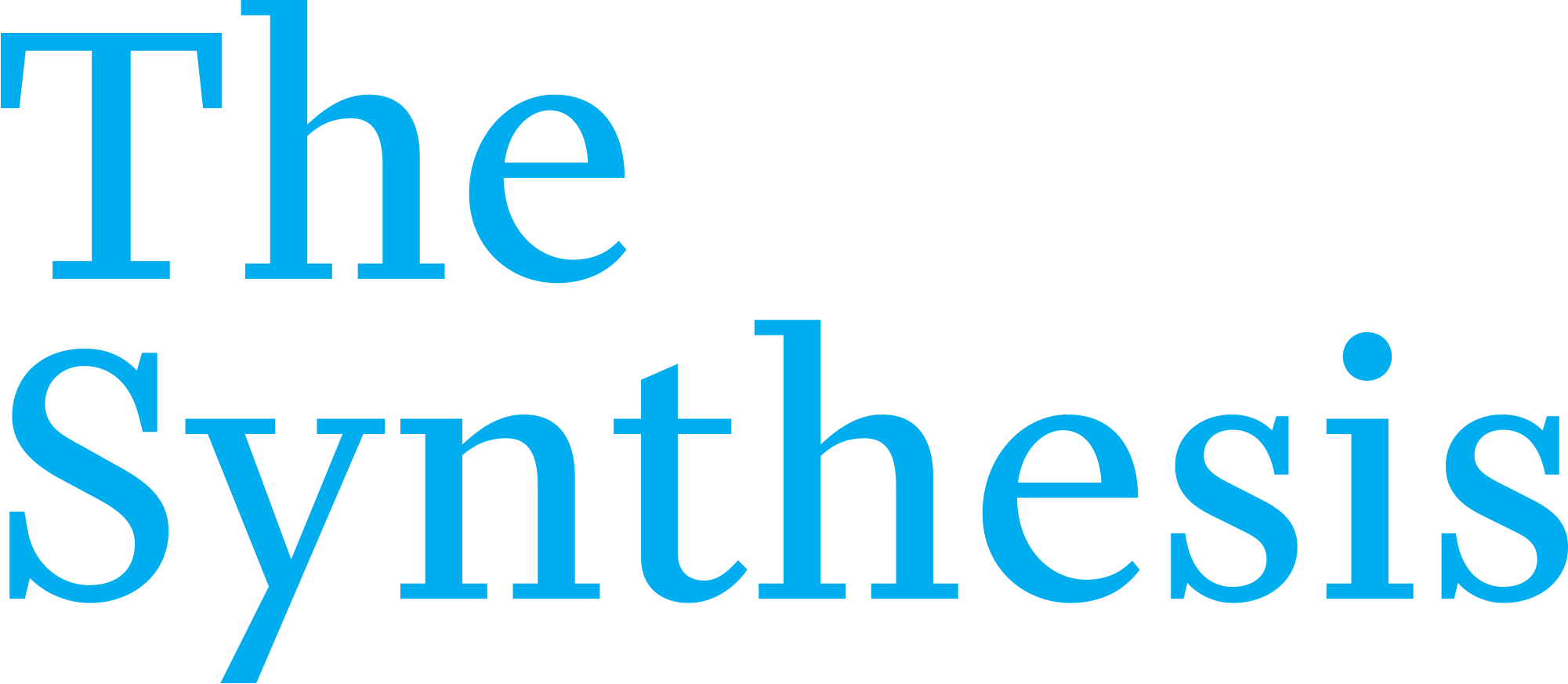
photographs by THE WASHINGTON POST/GETTY IMAGES
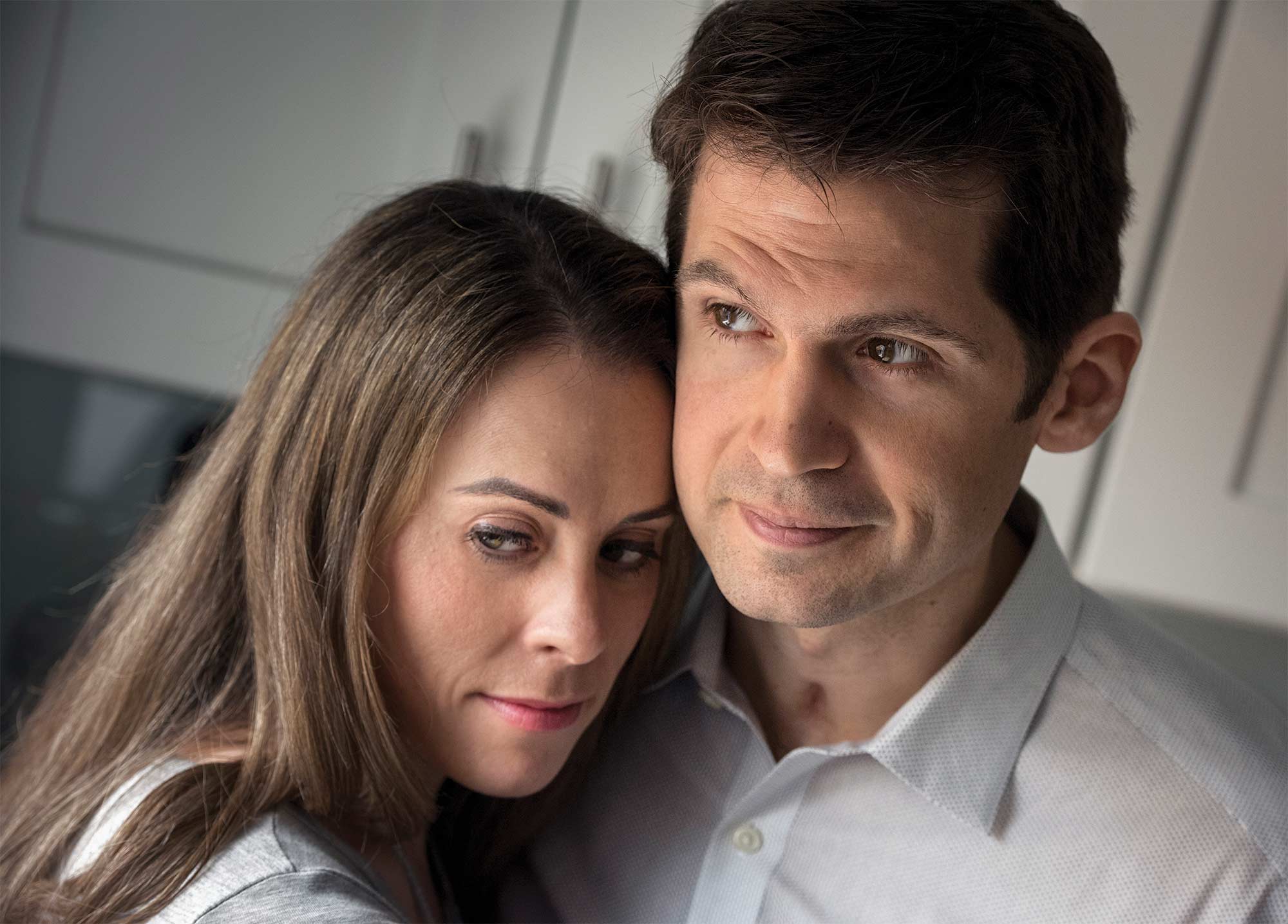

photographs by THE WASHINGTON POST/GETTY IMAGES
And who would want to be repeatedly asked about the worst thing that’s ever happened to them?
Especially if it was something done by total strangers — “Just kids,” Maslin says now — on purpose.

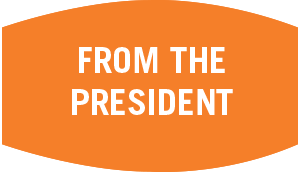
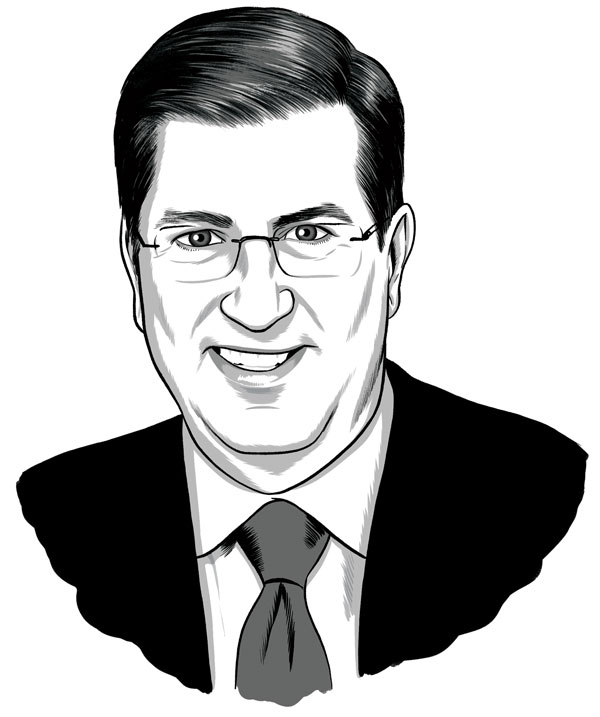
As I looked out over the room, preparing to welcome our guests, I paused. And then I told them what I saw. I saw love. These are the people who, through their devotion to Bucknell, enable us to do all that we do for our students and society at large.
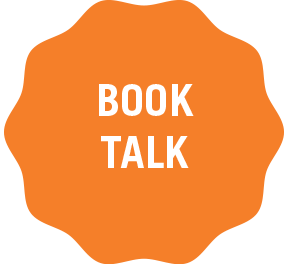
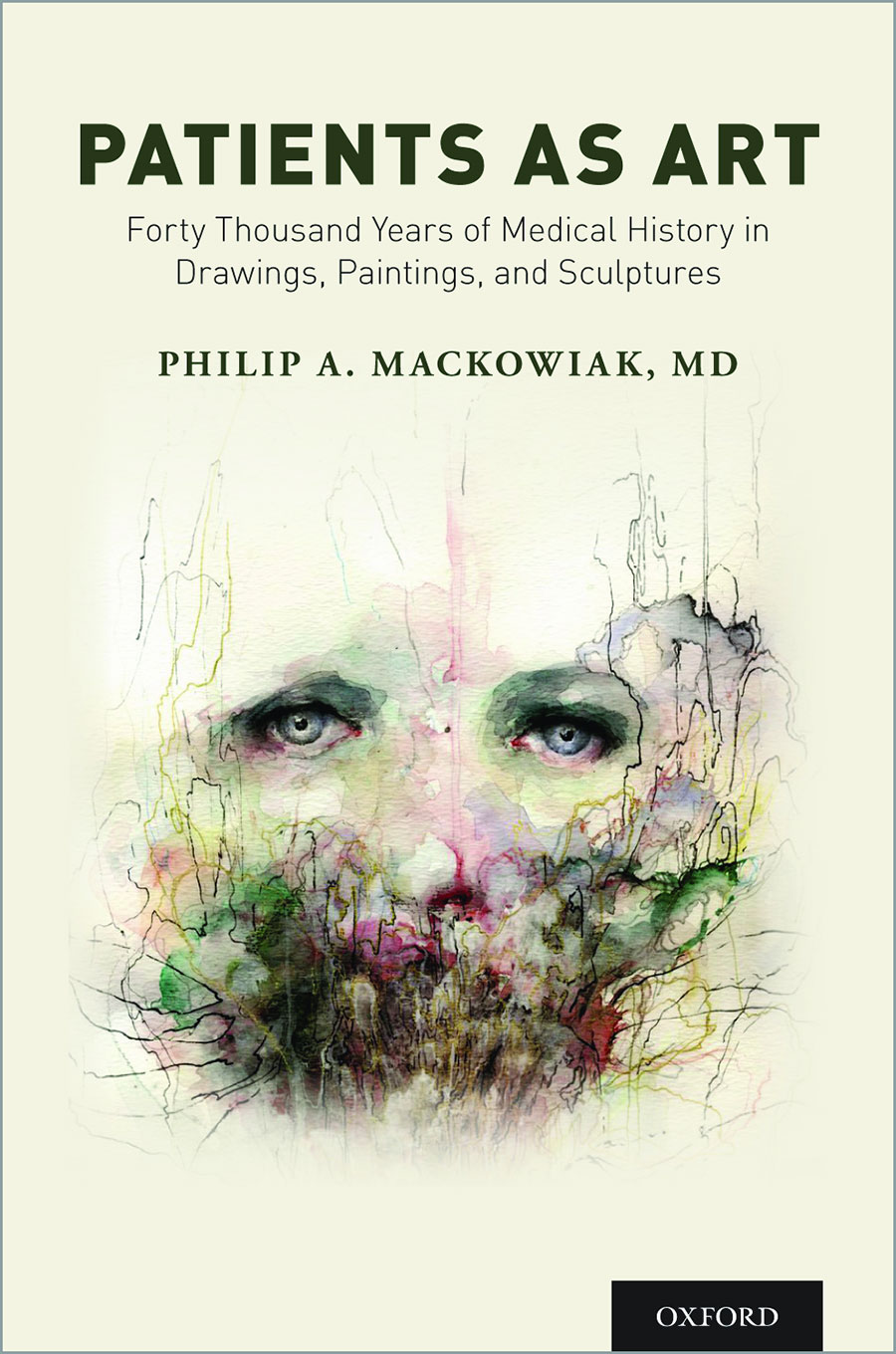
In Patients as Art, Philip Mackowiak ’66 explores medicine’s important developments as represented in paintings, sculpture and drawings. Featuring more than 160 full-color artworks, this pictorial review spans from Paleolithic times to today, reflecting the ideals and sensibilities of the eras in which they were created.
Mackowiak, an emeritus professor at the University of Maryland School of Medicine, has researched diseases for more than 40 years, and he literally wrote the book on the diagnosis and treatment of fever. He conceived Patients as Art three years ago after organizing a conference on Christina’s World, Andrew Wyeth’s iconic painting of his neighbor, who suffered a neurological disorder. While Mackowiak admits he has no formal art training, his physician’s perspective gives insight into details art experts might miss.
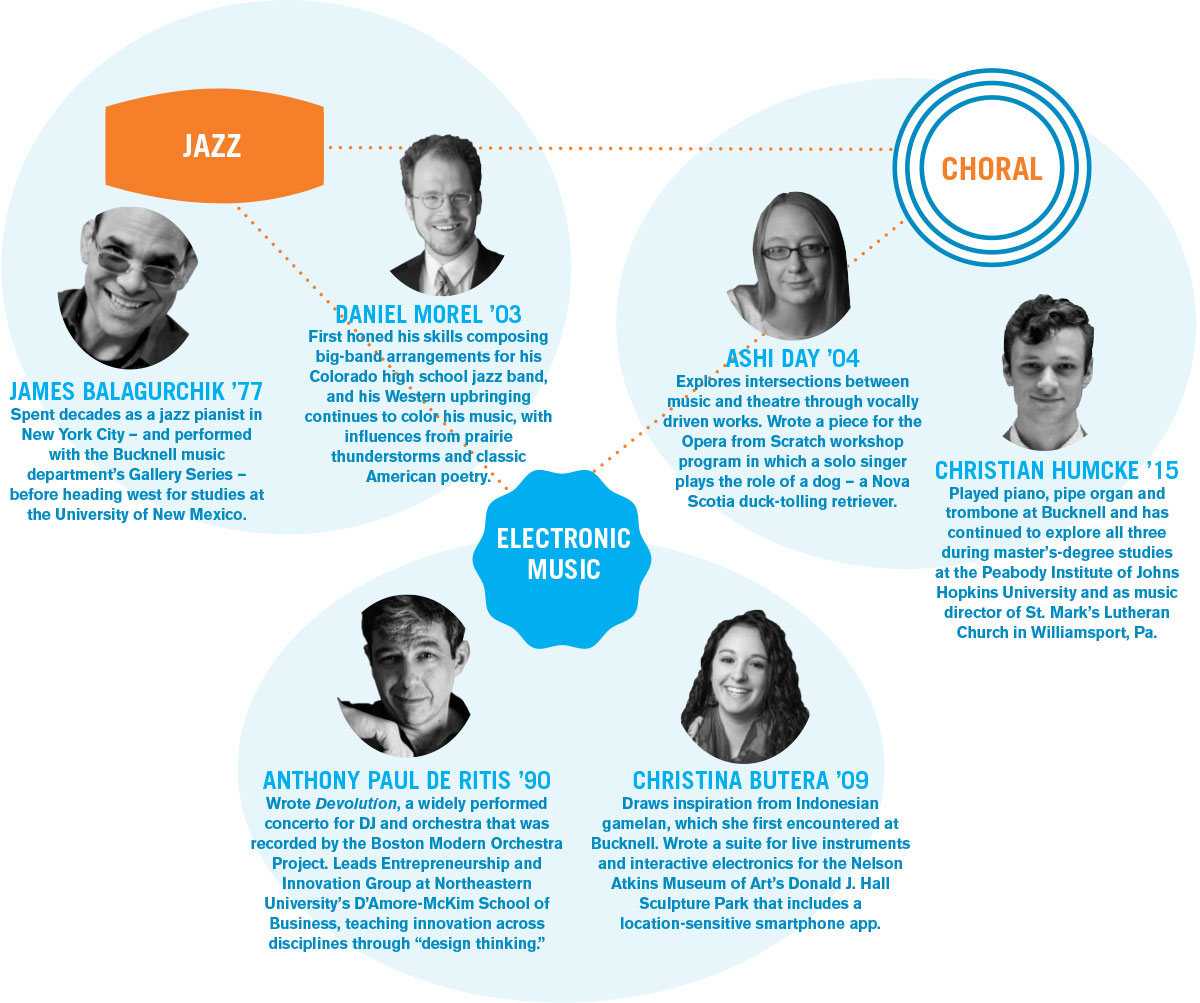
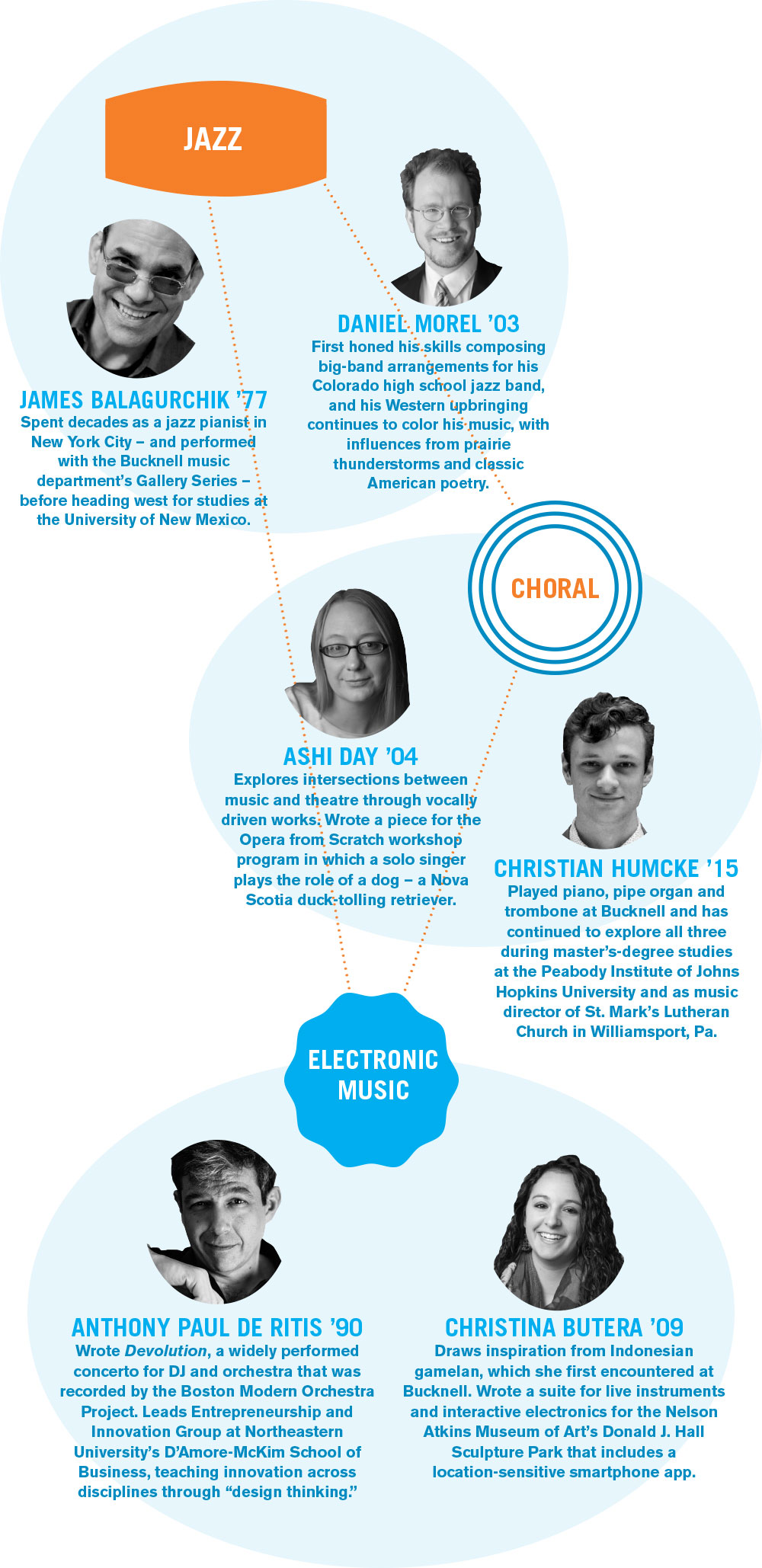
As an undergraduate, Anna Dresen Schneider ’82 thought she was on her way to becoming a physician — that is, until she sat down with her adviser and reviewed her transcript. She was earning A’s in international law, political science and related courses. But her grades were “not so great in organic chemistry” and the like, she recalls. Schneider redirected her studies, majoring in international relations, later earning a master’s in international affairs from Columbia University.

In spring 2003, Audra Wilson ’94 found herself sitting across from Barack Obama at a Mexican restaurant on Chicago’s west side. State Sen. Obama was on the verge of launching his bid for an open U.S. Senate seat, and he was offering Wilson a job.
“I was floored because I had only set up the meeting to talk about how I could volunteer,” Wilson recalls. But Obama had already called Wilson’s boss at the Sargent Shriver National Center on Poverty Law, where she was an attorney focusing on food security issues. She gladly accepted Obama’s offer, eventually becoming deputy press and policy director for his campaign.
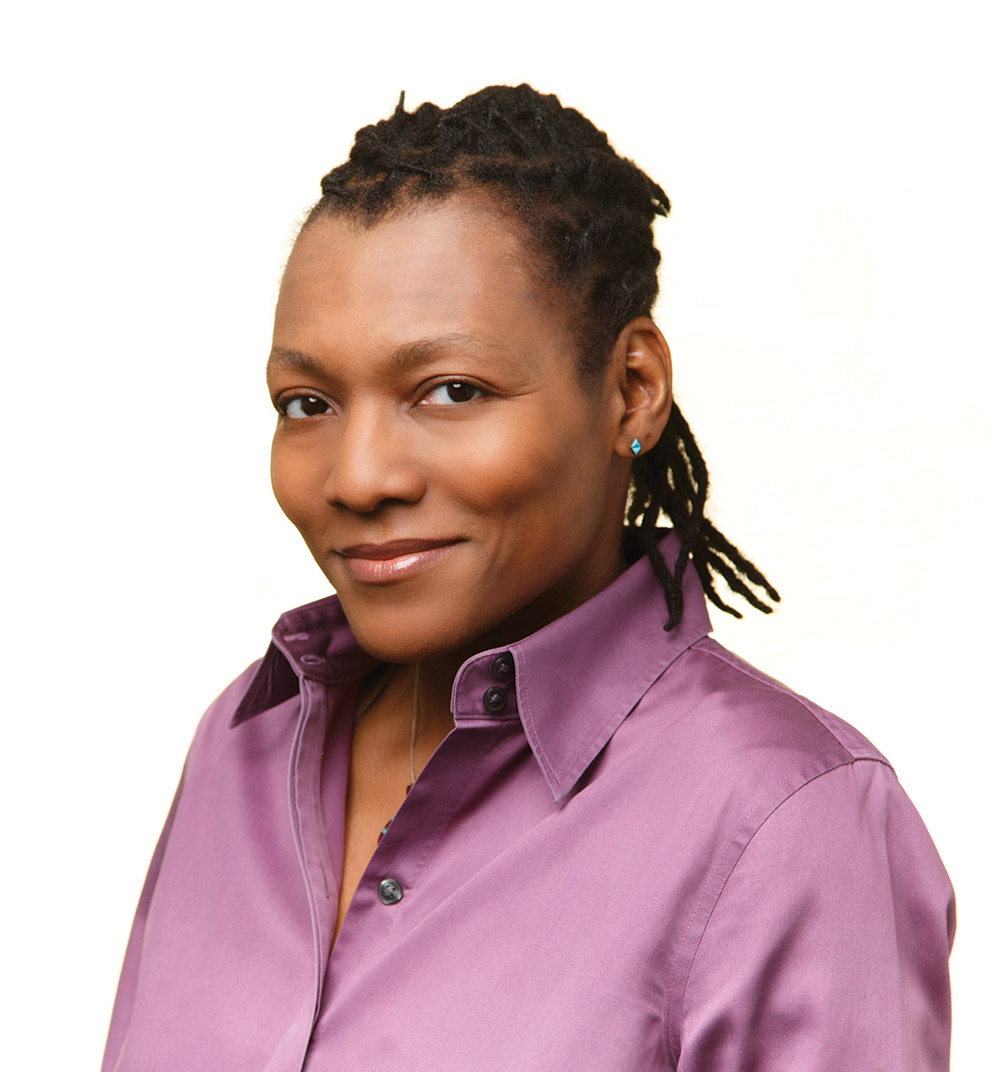
Everything has a season, and for Jesse Mann ’95 — and music enthusiasts everywhere — right now is festival season. Based in Nashville, Mann helps stoke the interest of festivalgoers nationwide.
As senior vice president of strategy and operations for AC Entertainment, a music and entertainment promotions company which is part of Live Nation Entertainment, Mann manages the business and logistics behind more than 1,500 live events annually, including seven annual festivals. Bonnaroo Music + Arts Festival, now in its 18th summer in Manchester, Tenn., is the crown jewel among AC’s offerings, which also include Forecastle, in Louisville; Moon River, in Chattanooga; and Railbird, in Lexington.
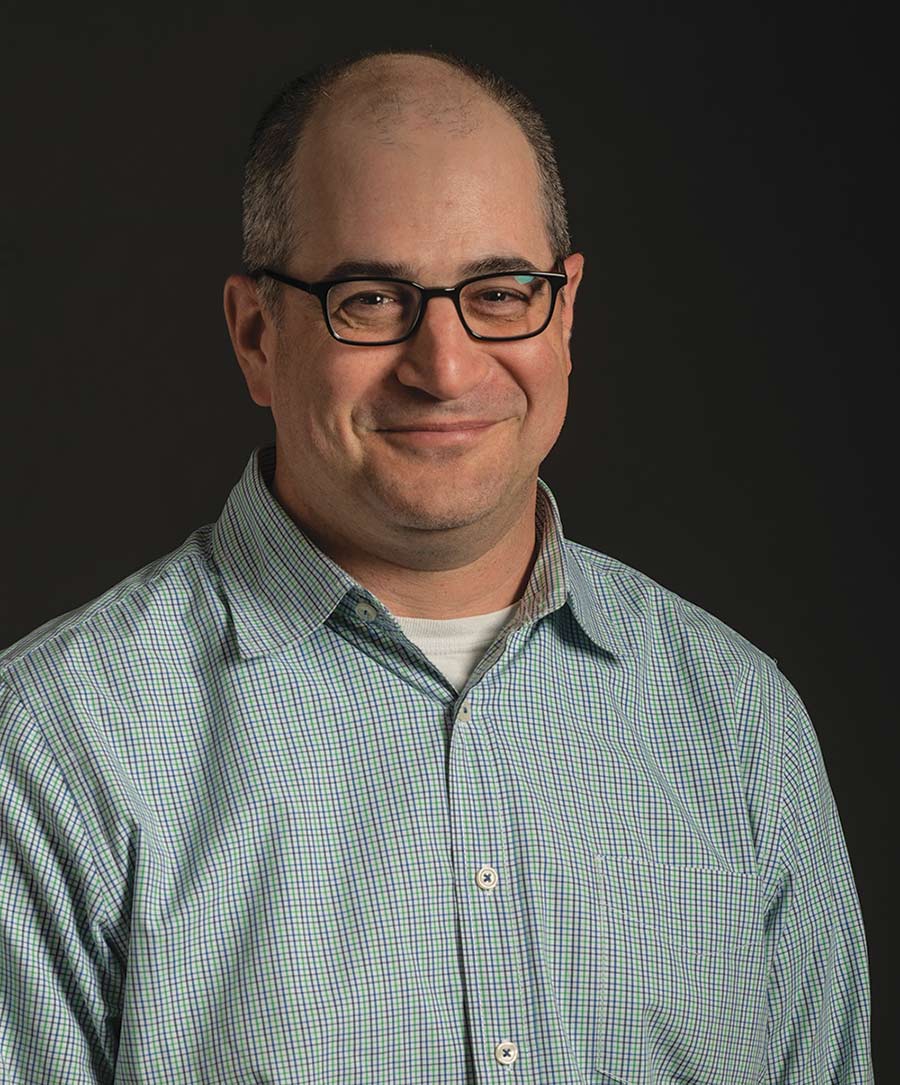
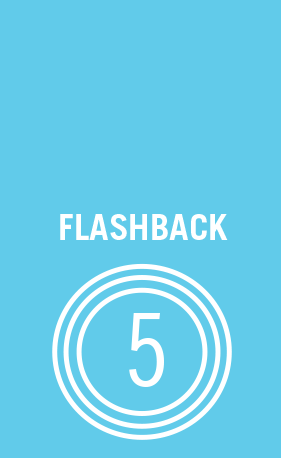
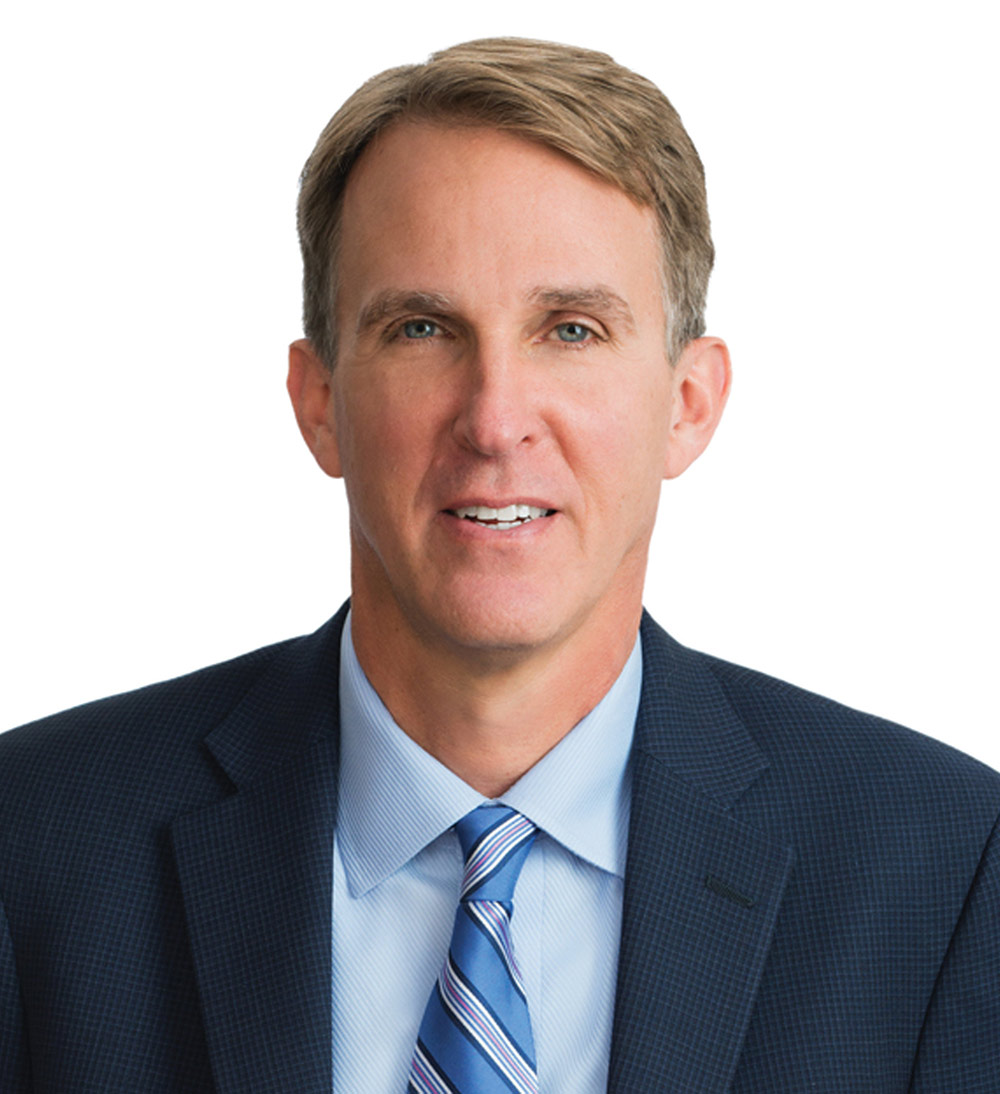
Michelle Beck Tucci ’11 had just embarked on a career with Lexmark, a Kentucky-based manufacturer of laser printers and imaging products, when she read Sheryl Sandberg’s landmark book, Lean In.
Tucci immediately recognized in herself what Sandberg called “the imposter syndrome.”
It was a defining moment for Tucci, who recalled struggling to believe she was worthy of her accomplishments, despite excelling academically and co-curricularly. At Bucknell, Tucci majored in mechanical engineering, a field in which women comprise just 7.9 percent of the workforce, according to a 2016 National Science Foundation report.
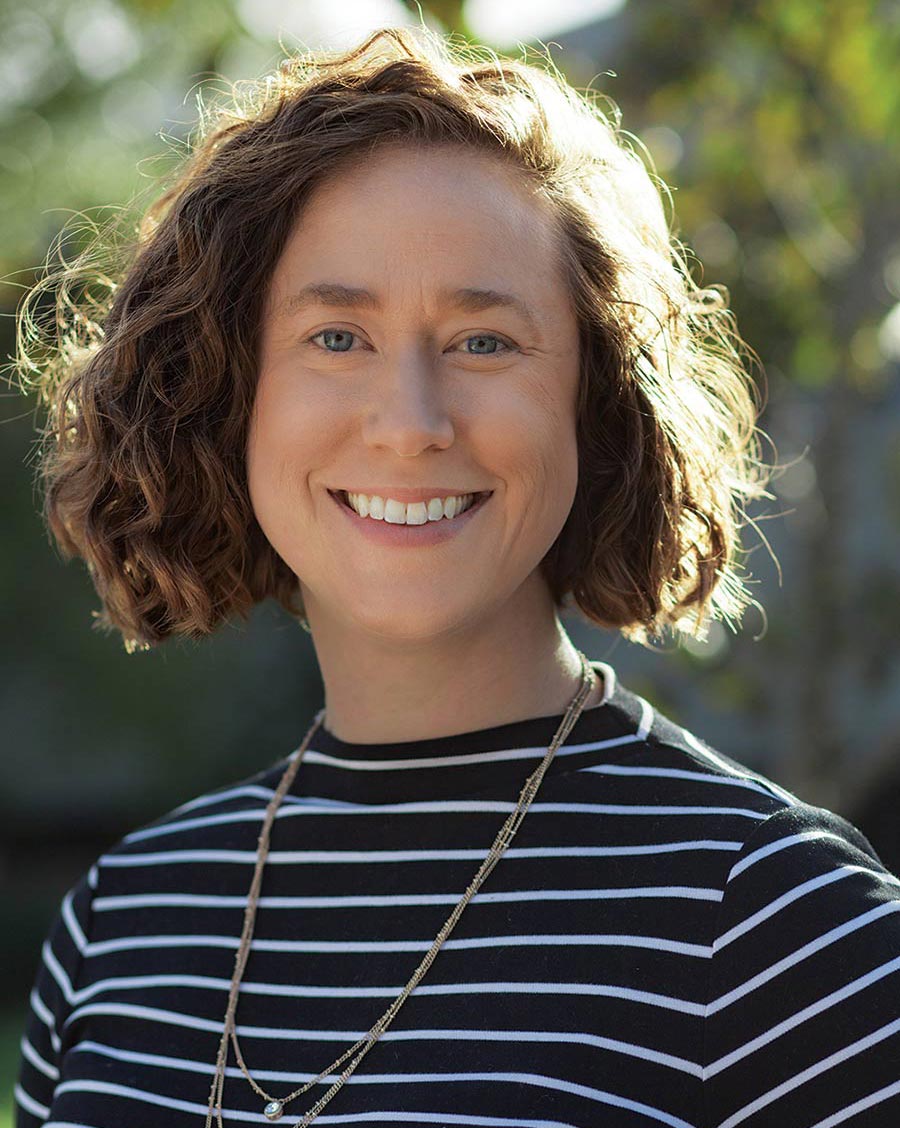
That was my retort to a classmate who called me in April, relieved to hear my voice, because notice of my death had appeared in the spring edition of Bucknell Magazine.
“Let me assure you, (to paraphrase Mark Twain) rumors of my demise are premature!” I responded. We had a good laugh, and I called Bucknell to straighten out what was an error in record-keeping. The staff readily agreed to reinstate my existence. Whew!
It now occurs to me that this is the second time my existence at Bucknell has been in question. The first time it was much more difficult to get myself reinstated, not just at Bucknell but in life, period.
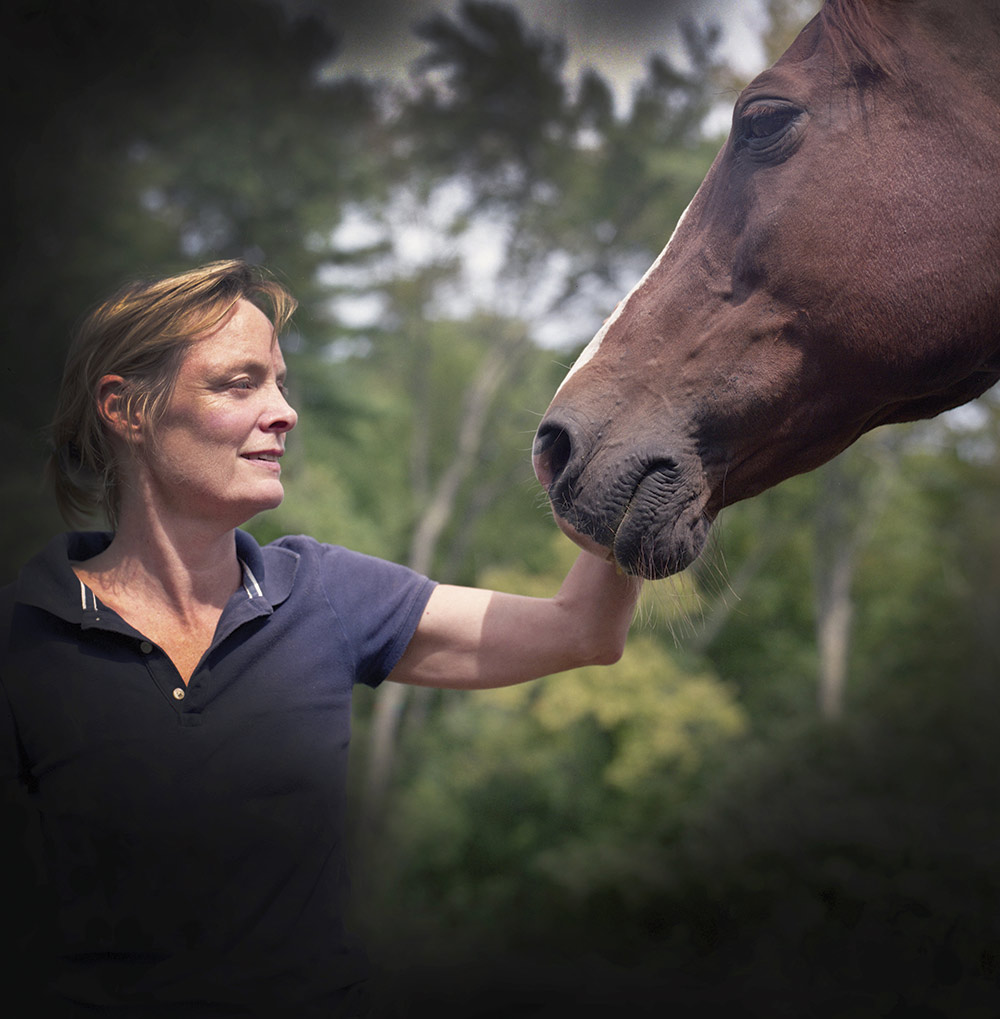
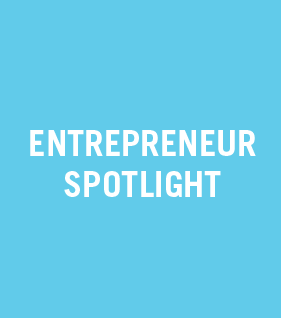
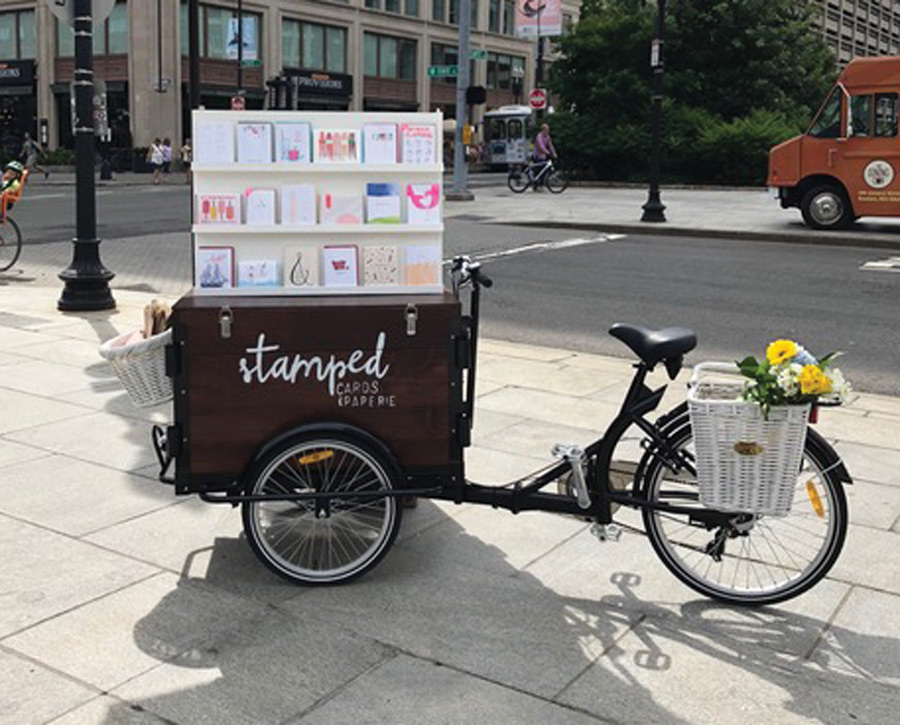
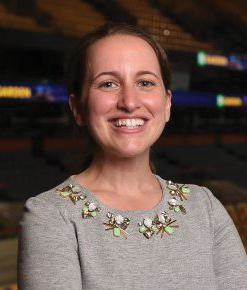

The interesting part: Stamped Cards is a mobile business operated from Camann’s modified bicycle. With a display rack featuring cards she sources from artists and vendors across the country, already stamped and ready to mail, Camann rides her inventory to different Boston neighborhoods, where customers have come to know her.
“When people come to the business, they share what they’re looking for but also why they’re looking for a card,” Camann says. “I get to know the customer on a personal level.”
After graduating from Bucknell with a major in management, Camann worked in digital marketing for a variety of big-name brands, including Bank of America and Harley-Davidson. But shortly after her daughter, Rosalie, was born in 2017, she was ready to launch her own business.
“My marketing career is all in digital, so people often laugh when I tell them what I do,” Camann says. “Greeting cards are more private and allow for more direct communication. Everyone appreciates a handwritten card.”
Jack Bozarth, Feb. 11, Washington, D.C.
Bill Donehower, Feb. 16, 2018, Juno Beach, Fla.
Tom Iszard, Feb. 24, Towanda, Pa.
Marty Woodburn Lose P’75, Feb. 10, Durham, N.C.
Wayne Stevenson M’53, Feb. 19, Long Branch, N.J.
Two years ago, Peter Puleo ’17 accepted a dream opportunity — a product-design internship in Seattle. But 10 months in, Puleo yearned for something more — a place where his efforts would not result in just another commercial product.
“I realized that while I loved the engineering, I still wasn’t engaging in truly impactful design work,” says Puleo. “I took the opportunity to really challenge myself and look for work in the developing world.”
He ultimately homed in on Africa and now lives in a small town near Nairobi, Kenya, serving a yearlong fellowship with BURN, a company that produces efficient, clean-burning cookstoves.
The majority of Kenyans cook over “jikos,” traditional stoves that, while cheap, rapidly burn through firewood and charcoal and generate harmful emissions. These low-efficiency stoves result in high rates of deforestation and debilitating health effects from daily smoke inhalation.
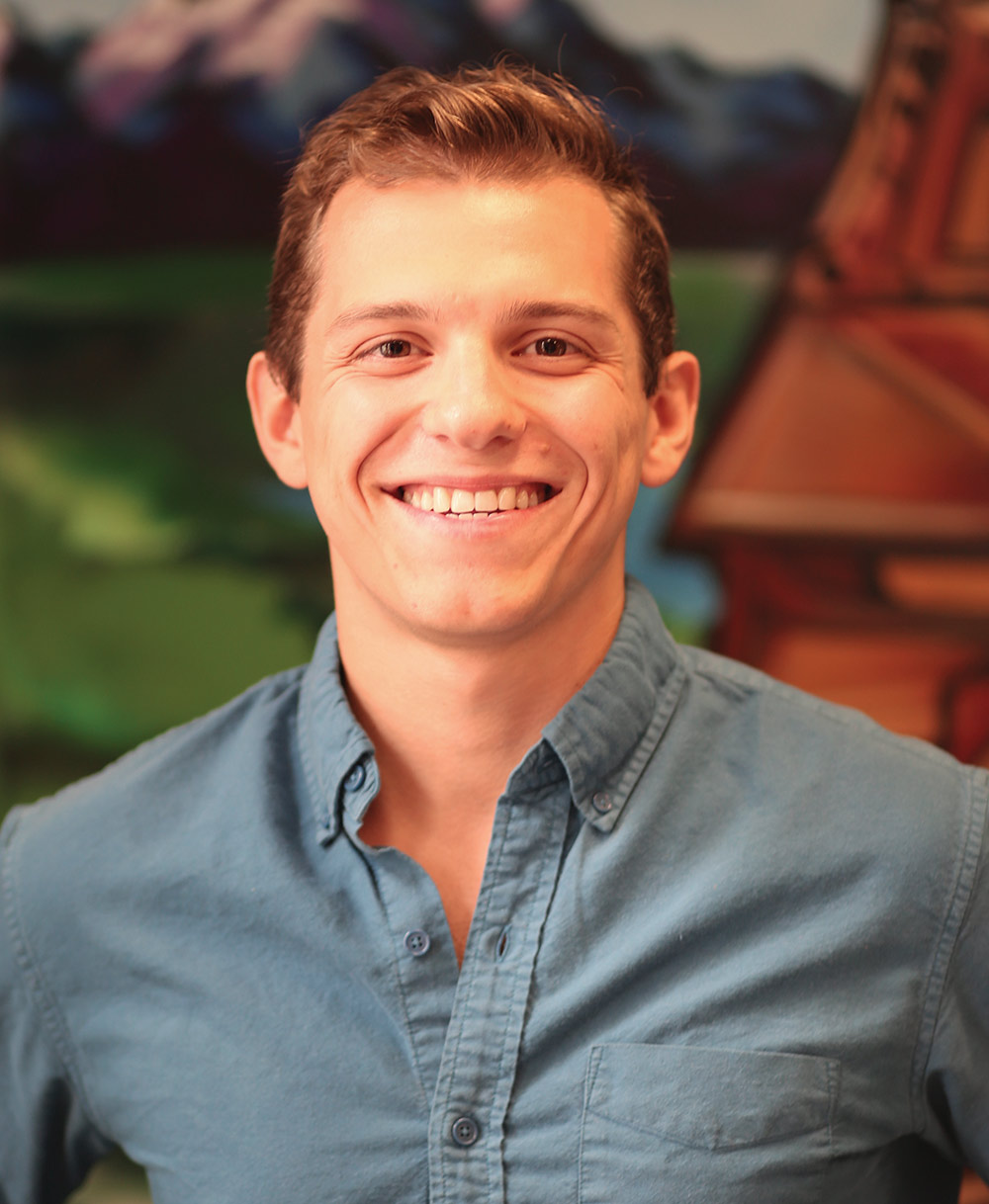
May 30–June 2 as more than 2,200 alumni, friends and family enjoyed Reunion festivities. Relive the memories by checking out bucknell.edu/reunion.
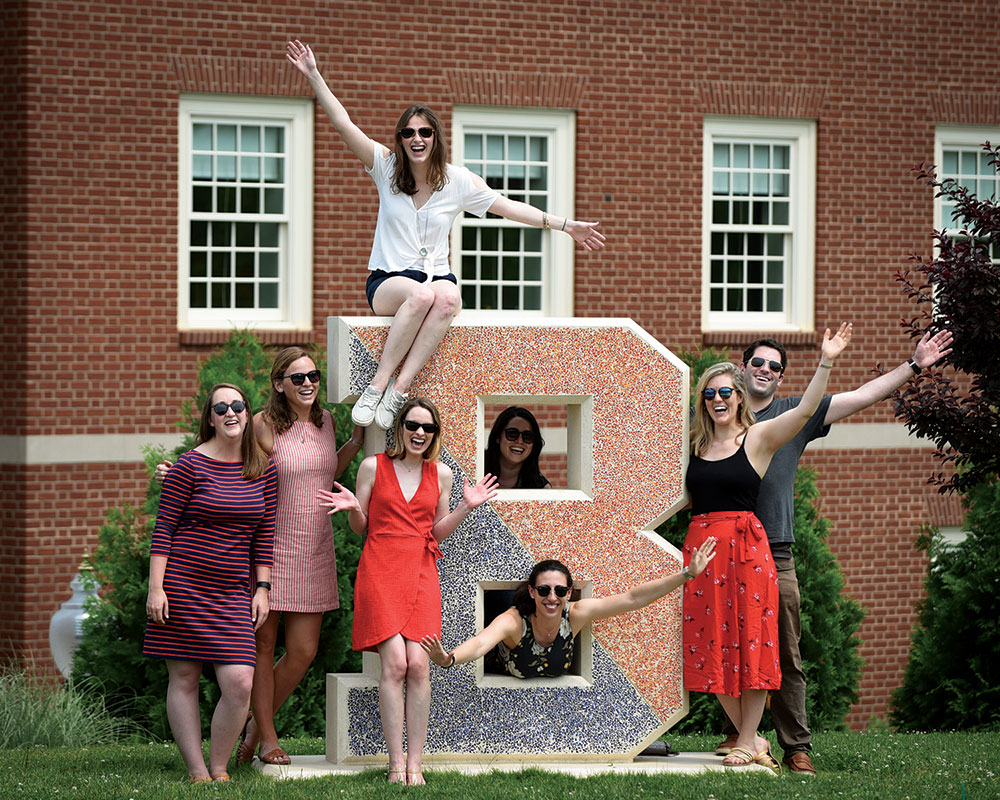
May 30–June 2 as more than 2,200 alumni, friends and family enjoyed Reunion festivities. Relive the memories by checking out bucknell.edu/reunion.


 NEWS AT YOUR FINGERTIPS
NEWS AT YOUR FINGERTIPS
FOLLOW US ON FACEBOOK TO SUBMIT YOUR ANSWER
Hunger relief and food insecurity proved to be a popular theme for participants. Inspired by the new Bucknell Farm and other University initiatives, volunteers lent a hand at their local food banks, meal distribution services and community gardens. Alumni, parents, students and friends joined in 21 events, coast to coast. The Bucknell CARES program is sponsored by Bucknell Regional Clubs and the Bucknell University Alumni Association, and events are planned by regional volunteers to celebrate National Volunteer Month. This year, more than 328 Bucknellians participated.

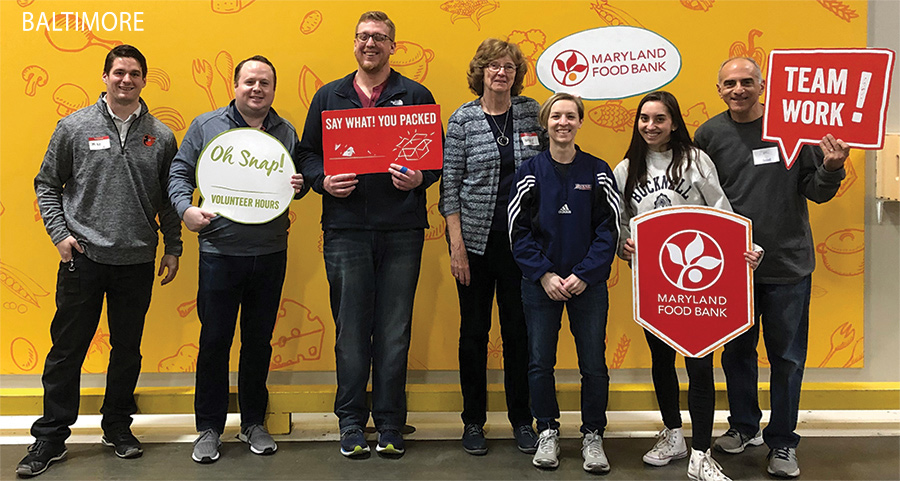
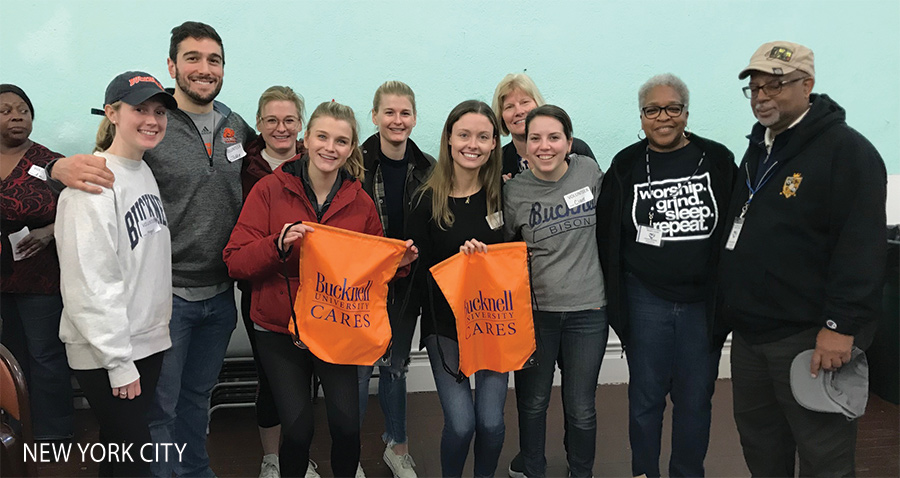
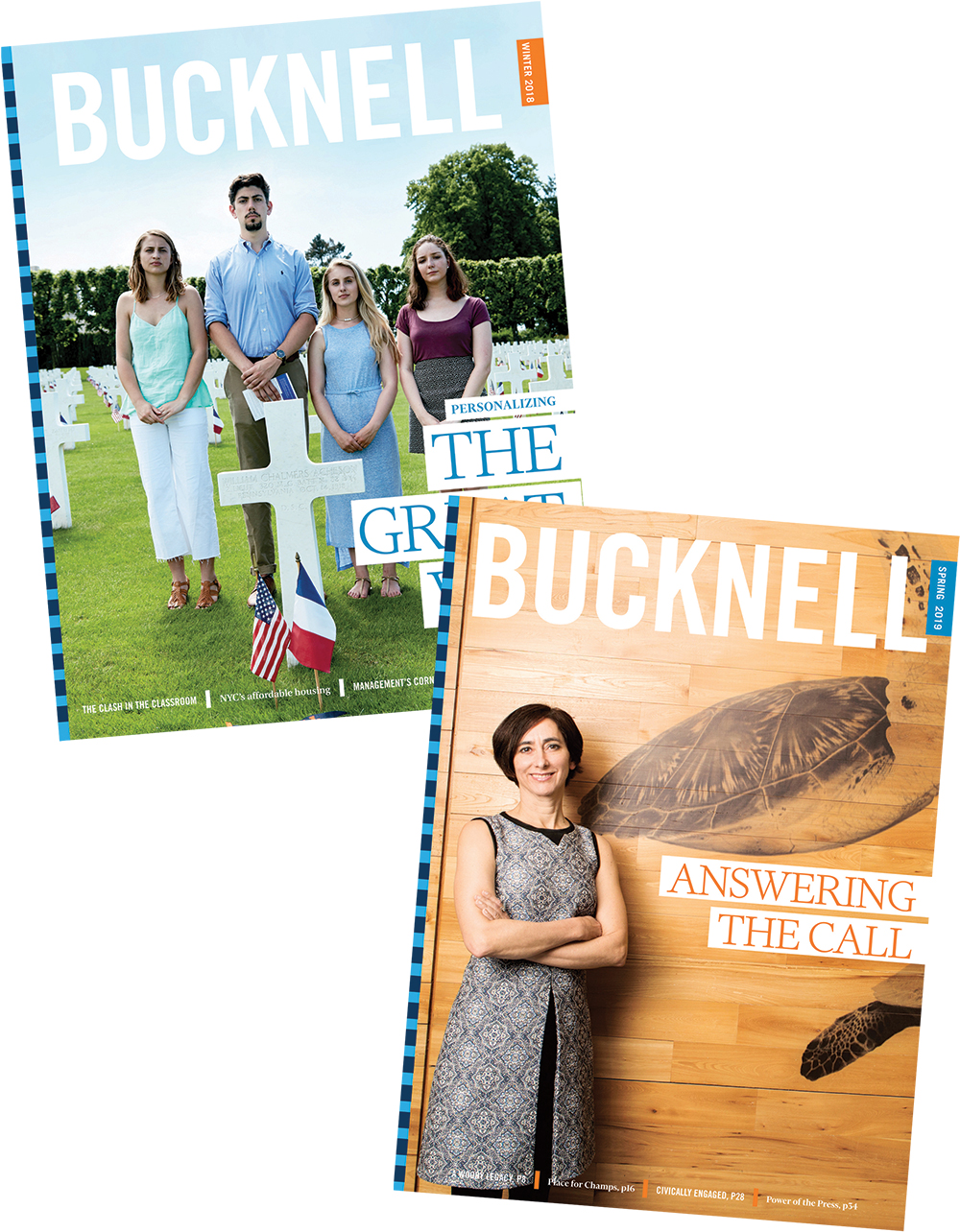
If you’re one of the lucky few thousand random readers selected, you will receive an email in your inbox asking you to evaluate Bucknell Magazine, which was redesigned in winter 2018. We’re now six issues into our new format, and we’d like to know how it’s landing with you. What can we do better, what are we getting right? What stories, covers, photos caught your eye?
The survey was designed and hosted by the Council for the Advancement and Support of Education (CASE), of which Bucknell is a member. If you are selected, you should receive the survey in late July. The results will be reported to us in aggregate form only, and you will not be identified.
If you have questions, please contact me at sherri.kimmel@bucknell.edu. Or if you don’t receive a survey and want to share your thoughts, please email me. Thanks so much!
Sherri Kimmel
Editor
Bucknell Institute of Lifelong Learners

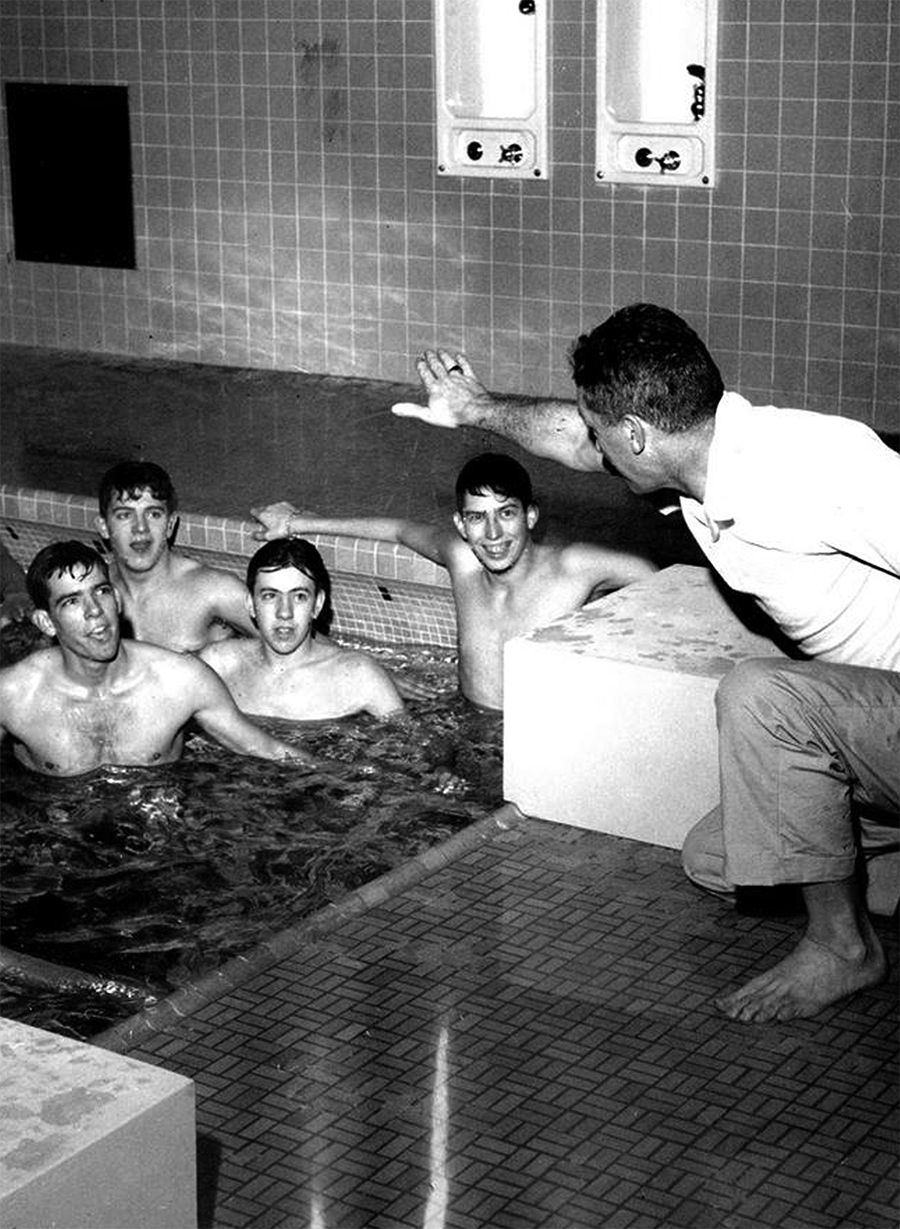


 Christopher Williams ’92, a Nashville-based songwriter and storyteller, got his start at Bucknell writing songs and running a coffeehouse and acoustic series. The religion major enjoys a thriving career that takes him to venues around the country. “Now I do everything from playing house concerts in people’s living rooms unplugged, all the way up to playing theaters and big spaces for a couple thousand people,” he says. For a quarter-century, his constant companion has been his guitar.
Christopher Williams ’92, a Nashville-based songwriter and storyteller, got his start at Bucknell writing songs and running a coffeehouse and acoustic series. The religion major enjoys a thriving career that takes him to venues around the country. “Now I do everything from playing house concerts in people’s living rooms unplugged, all the way up to playing theaters and big spaces for a couple thousand people,” he says. For a quarter-century, his constant companion has been his guitar.